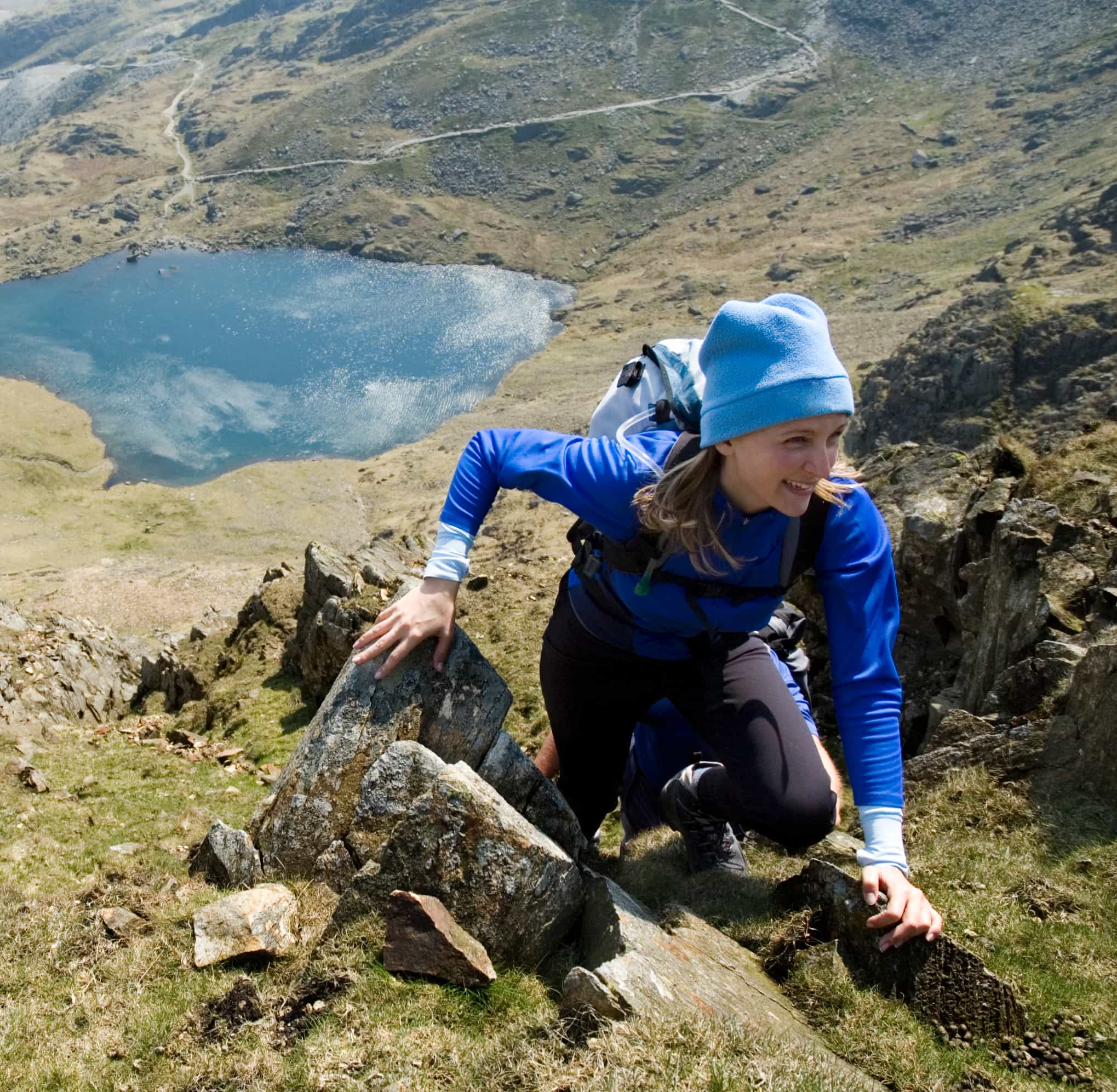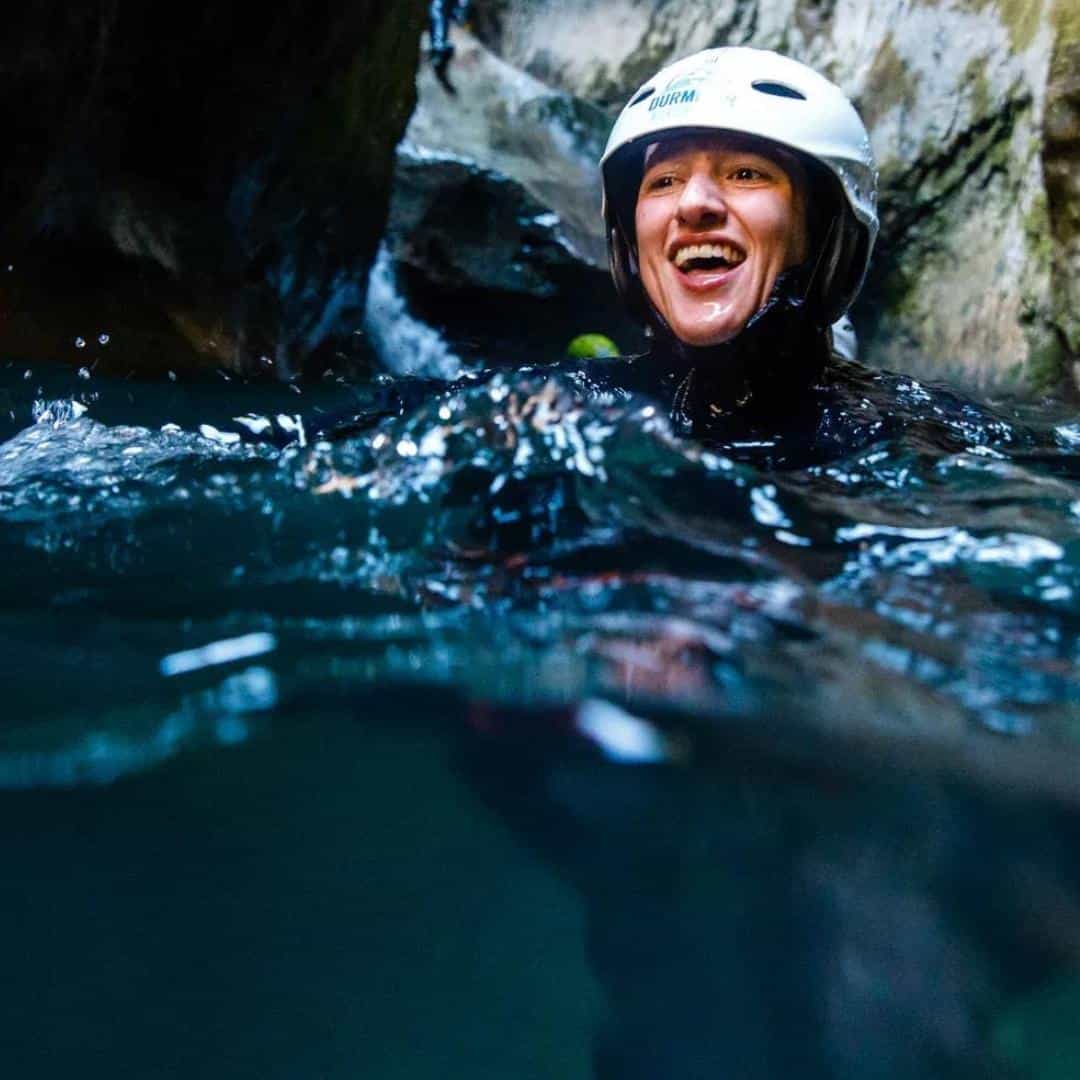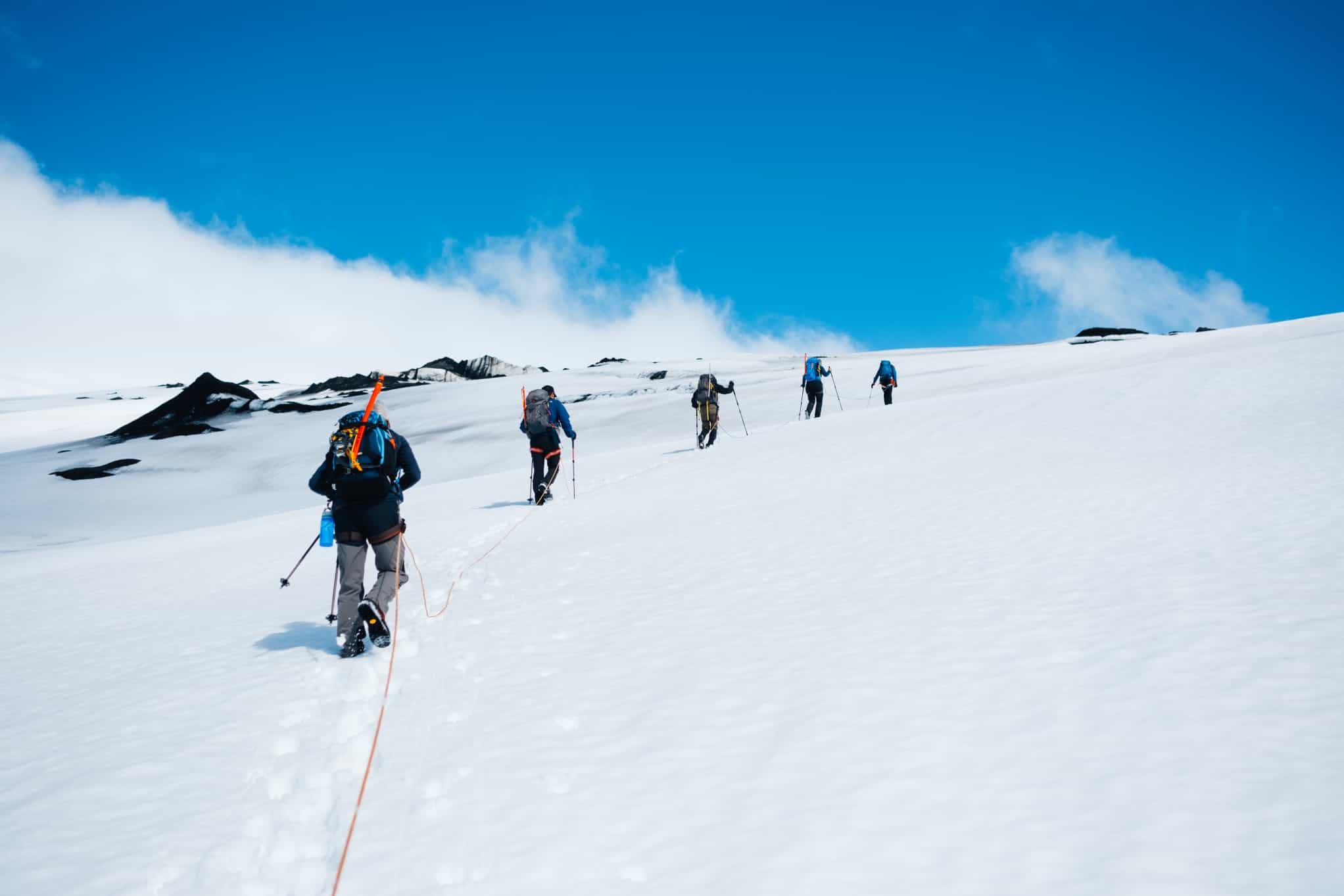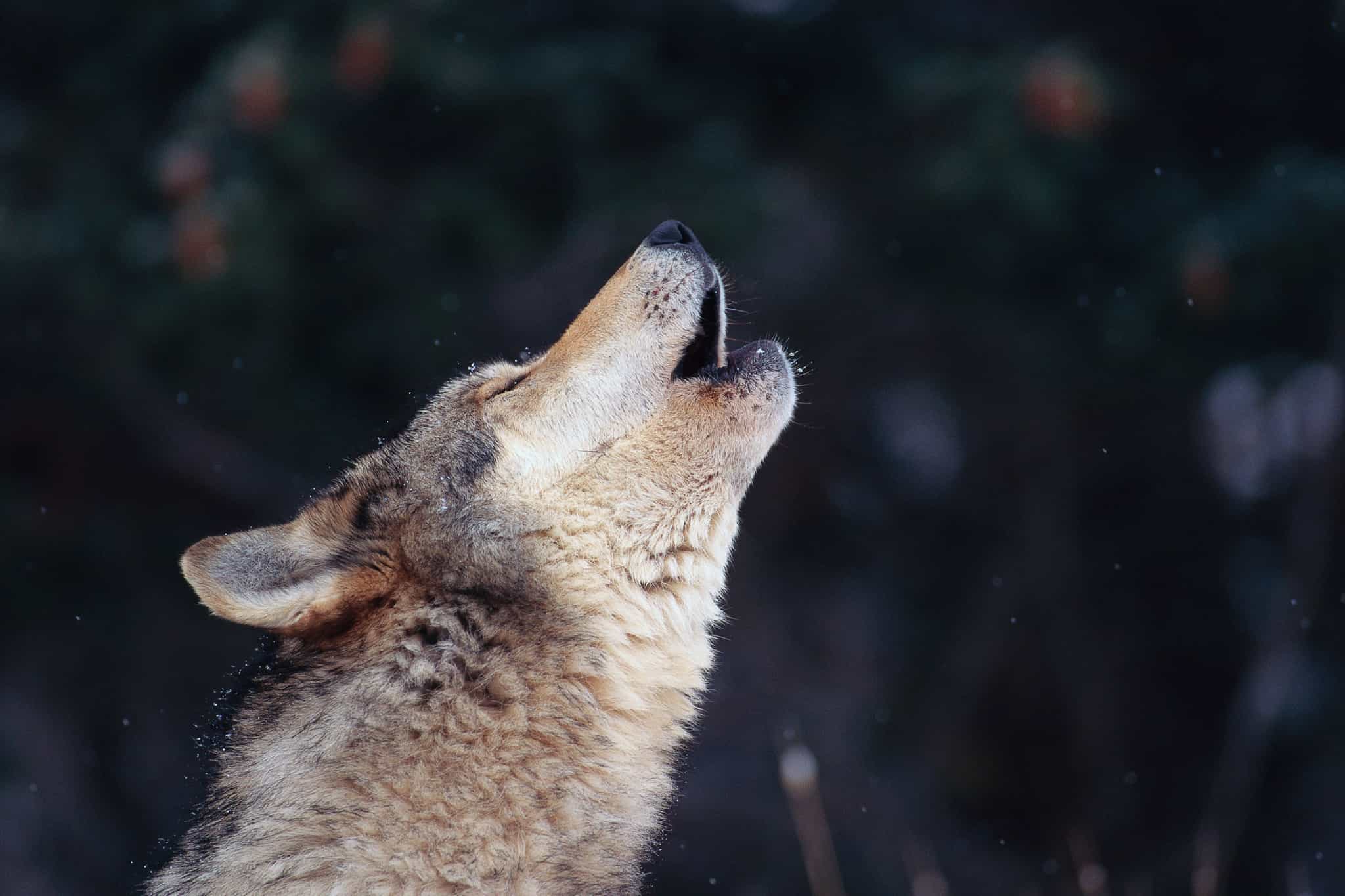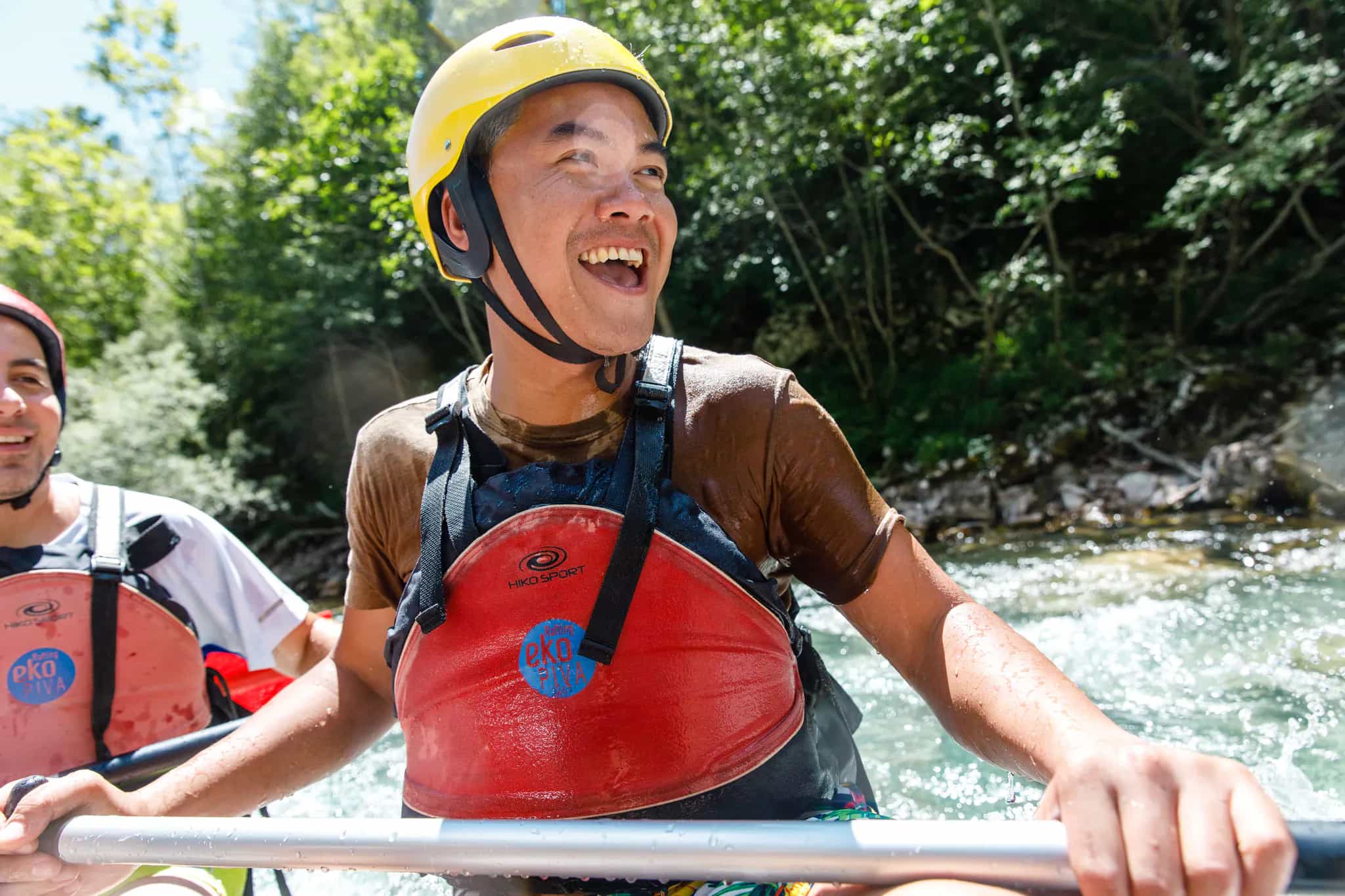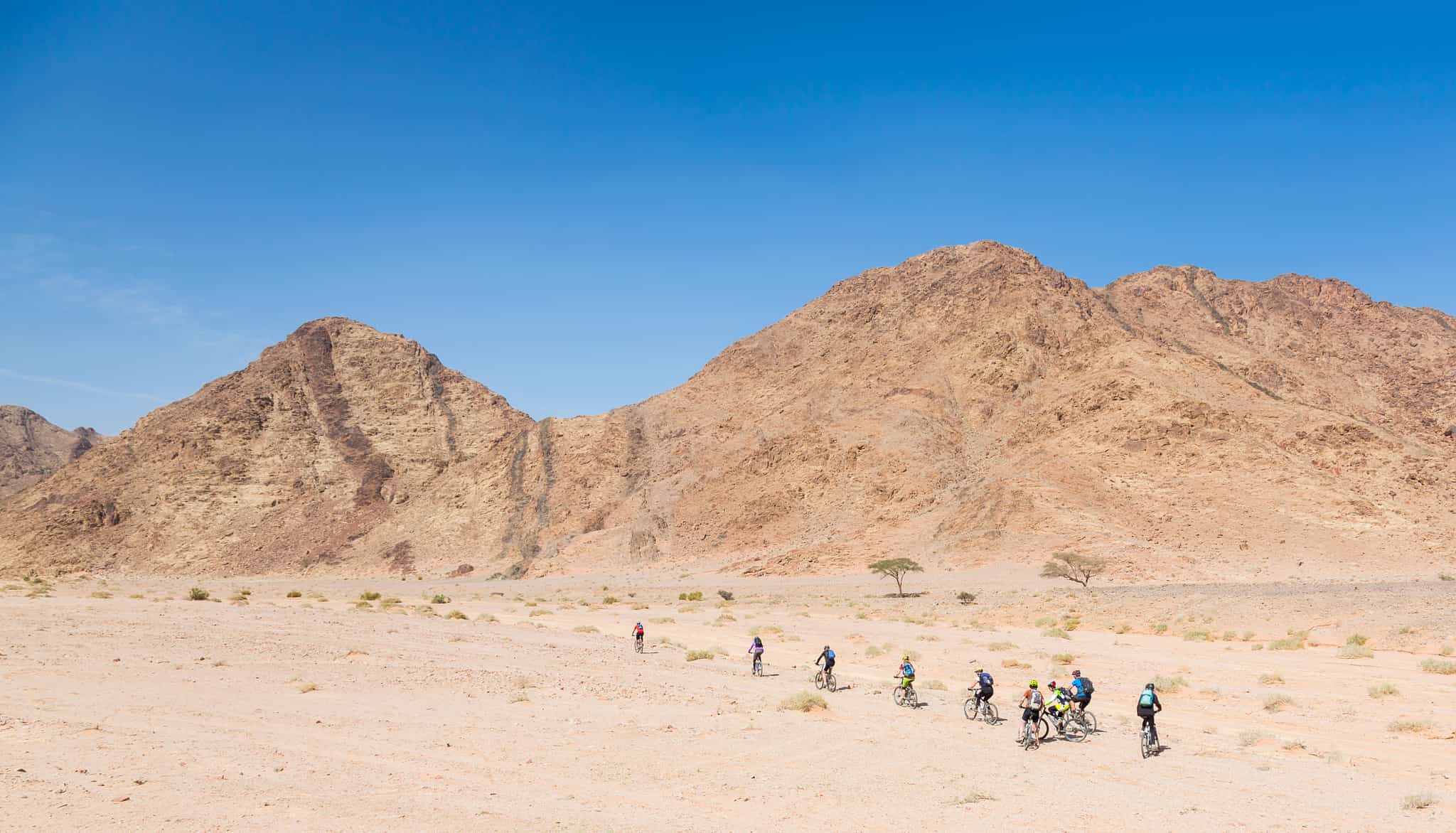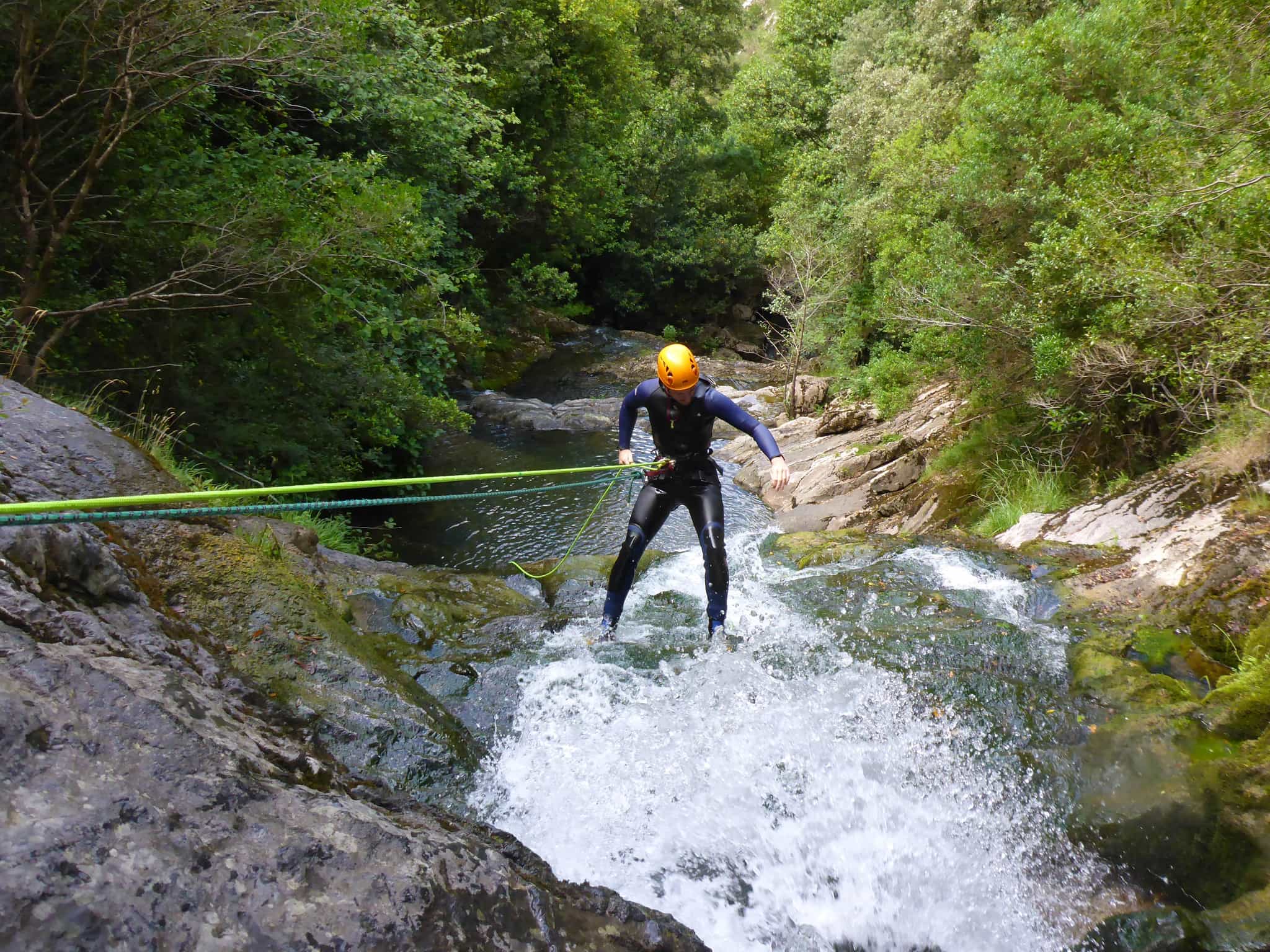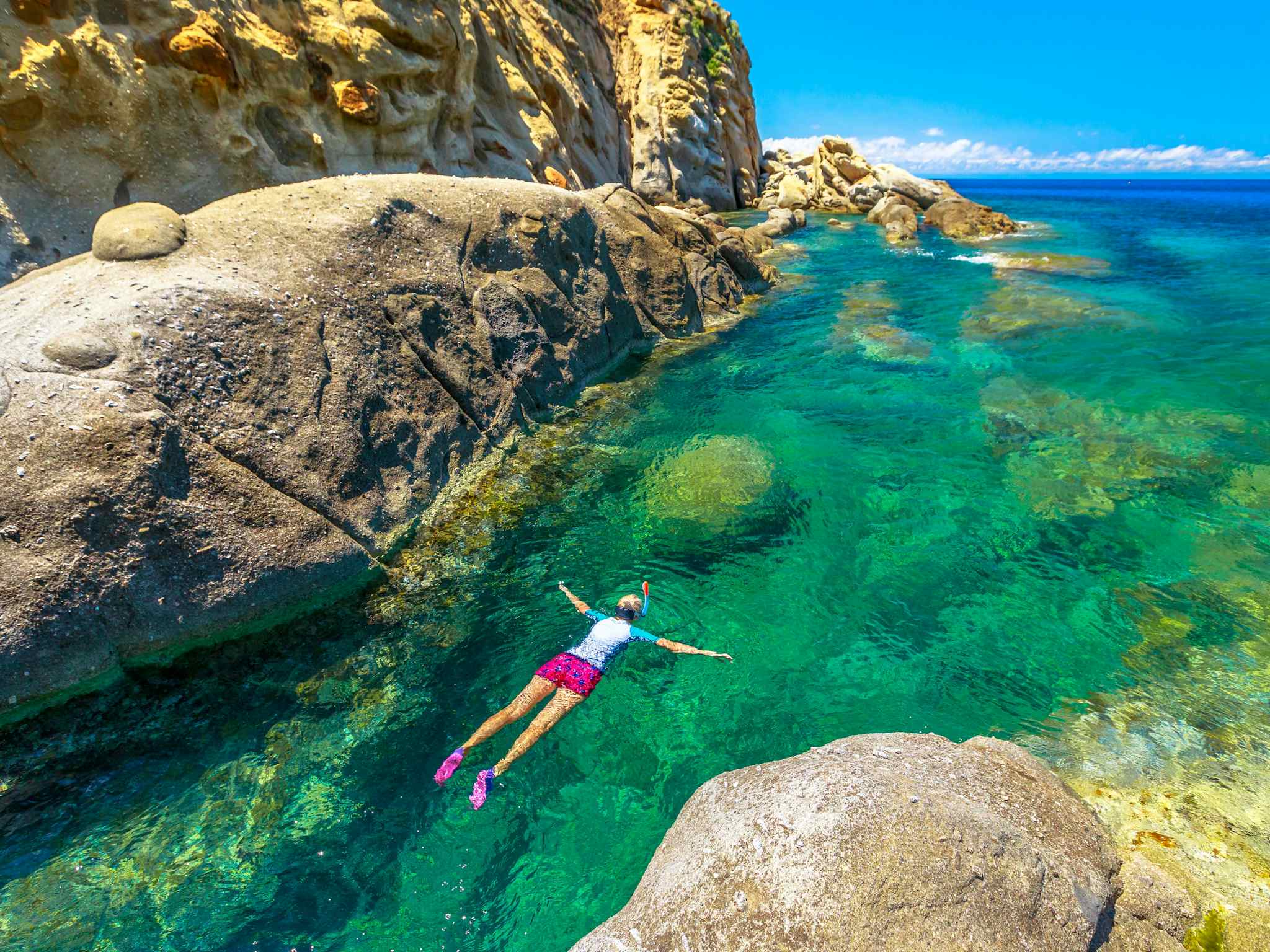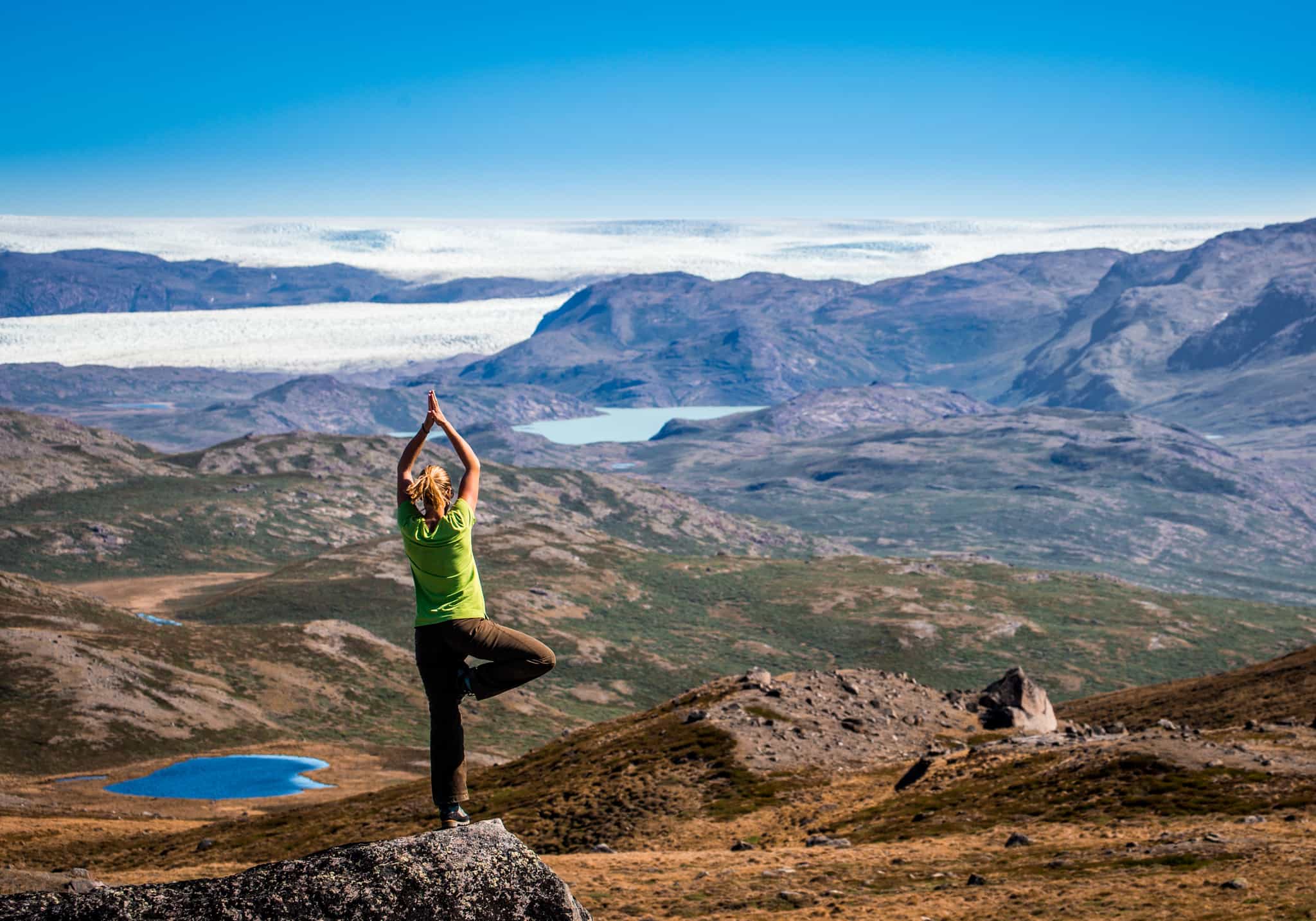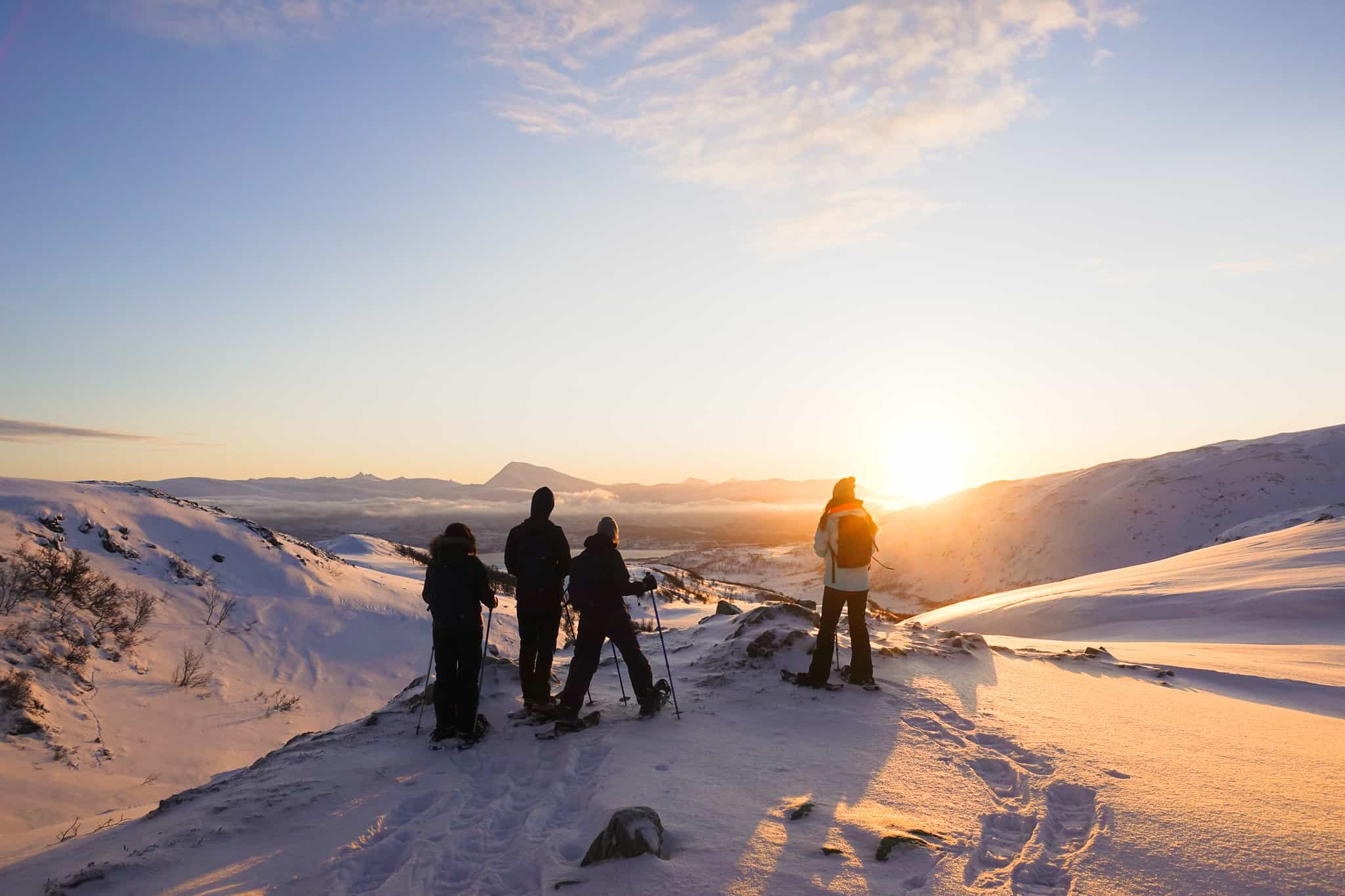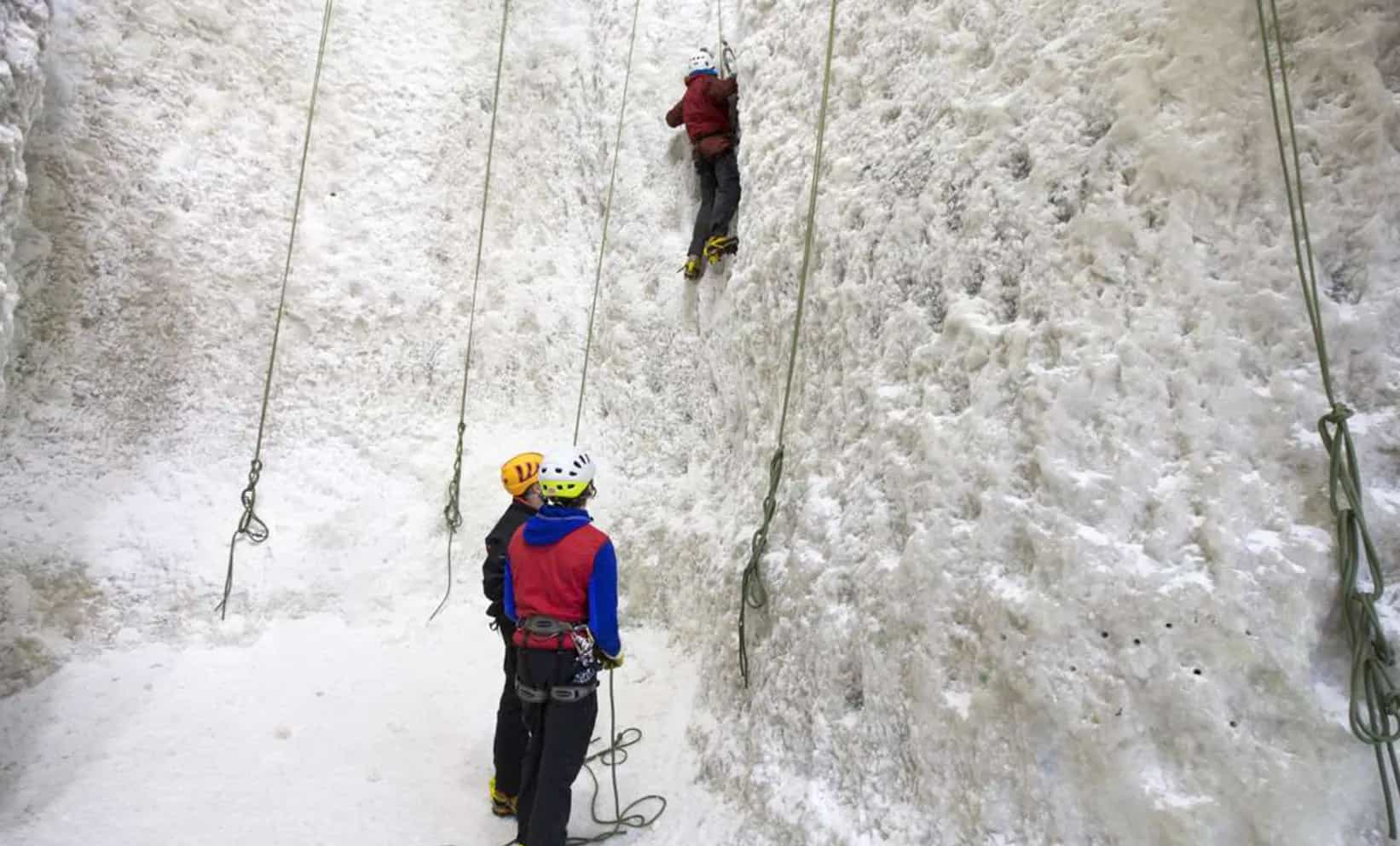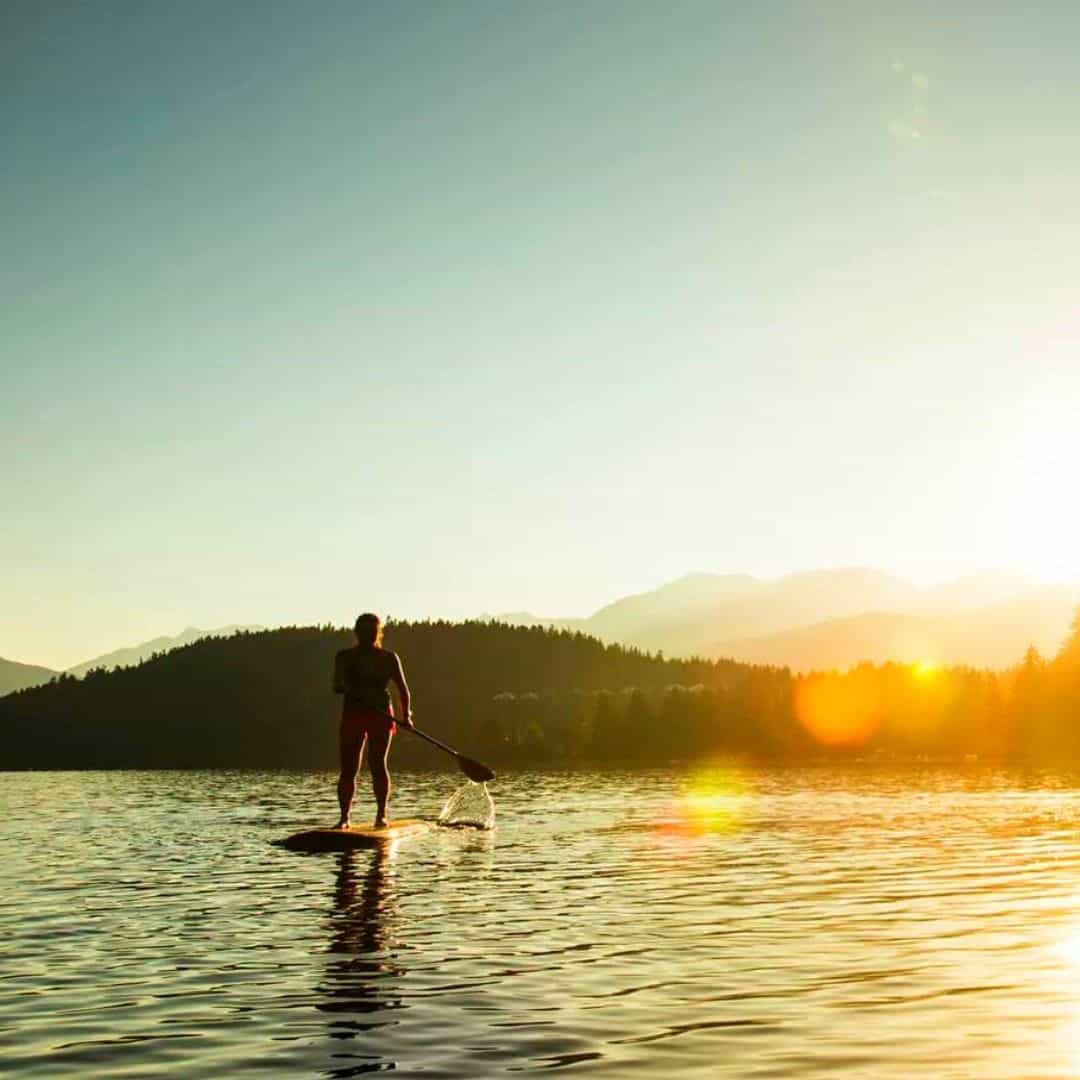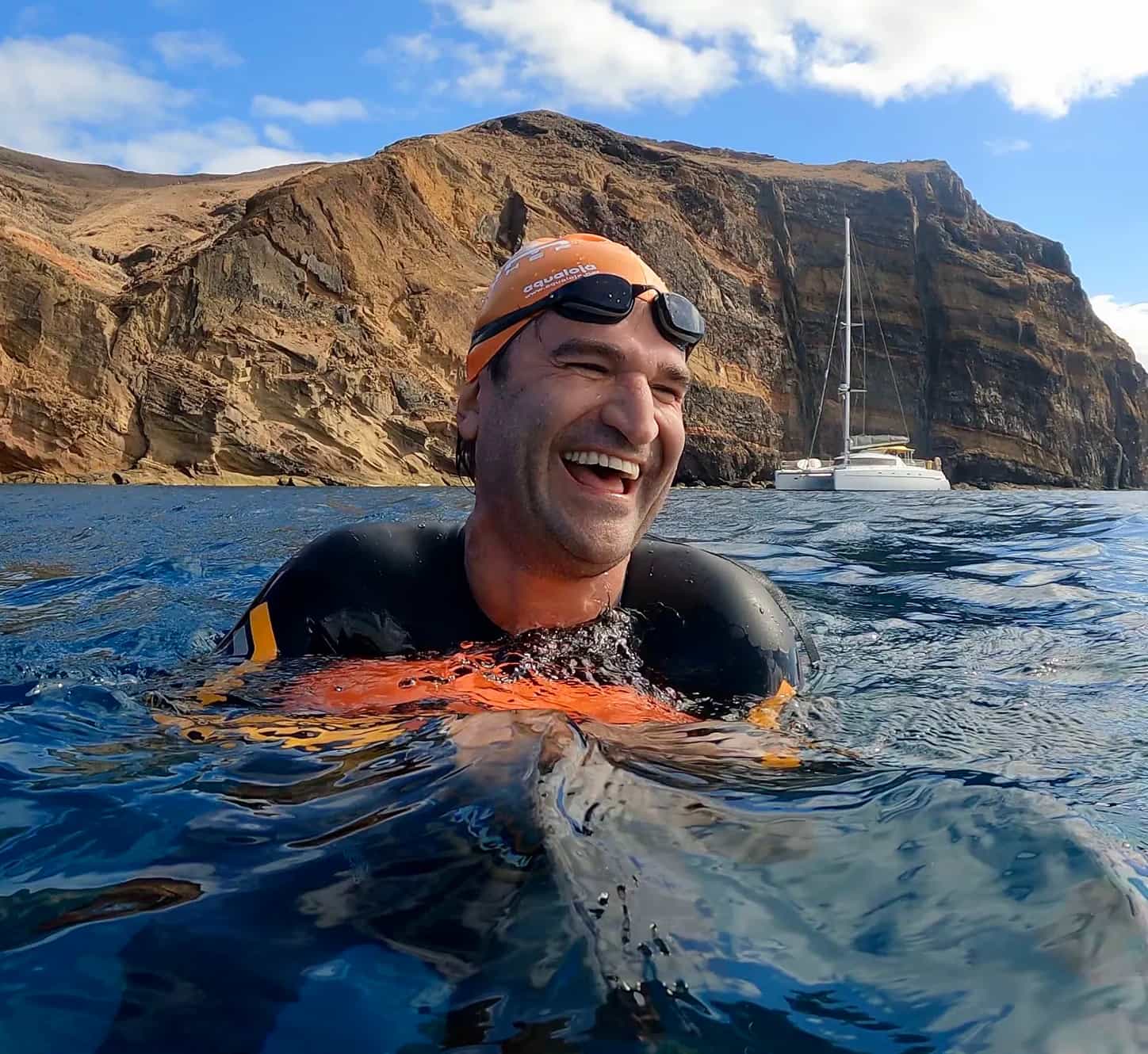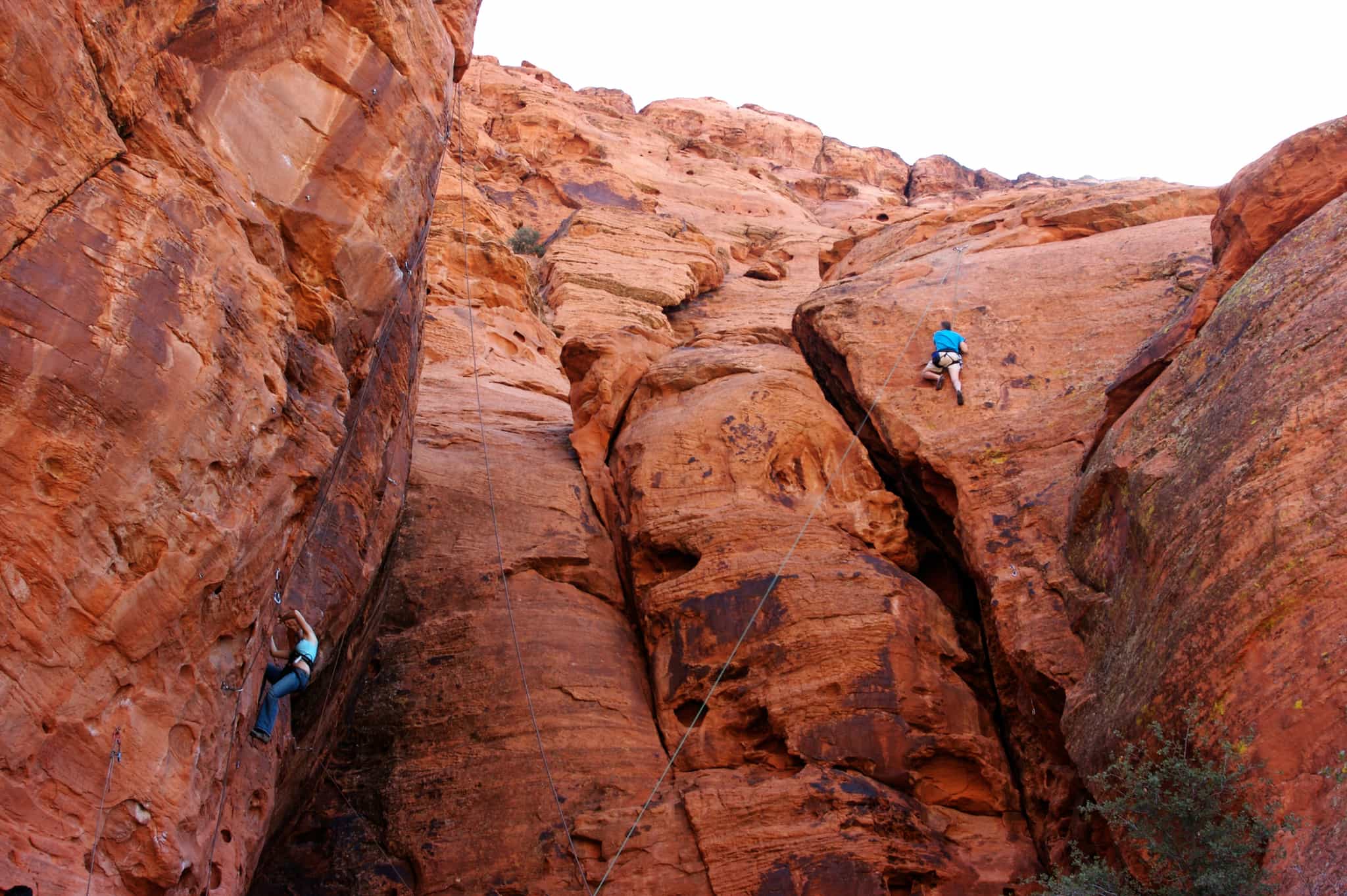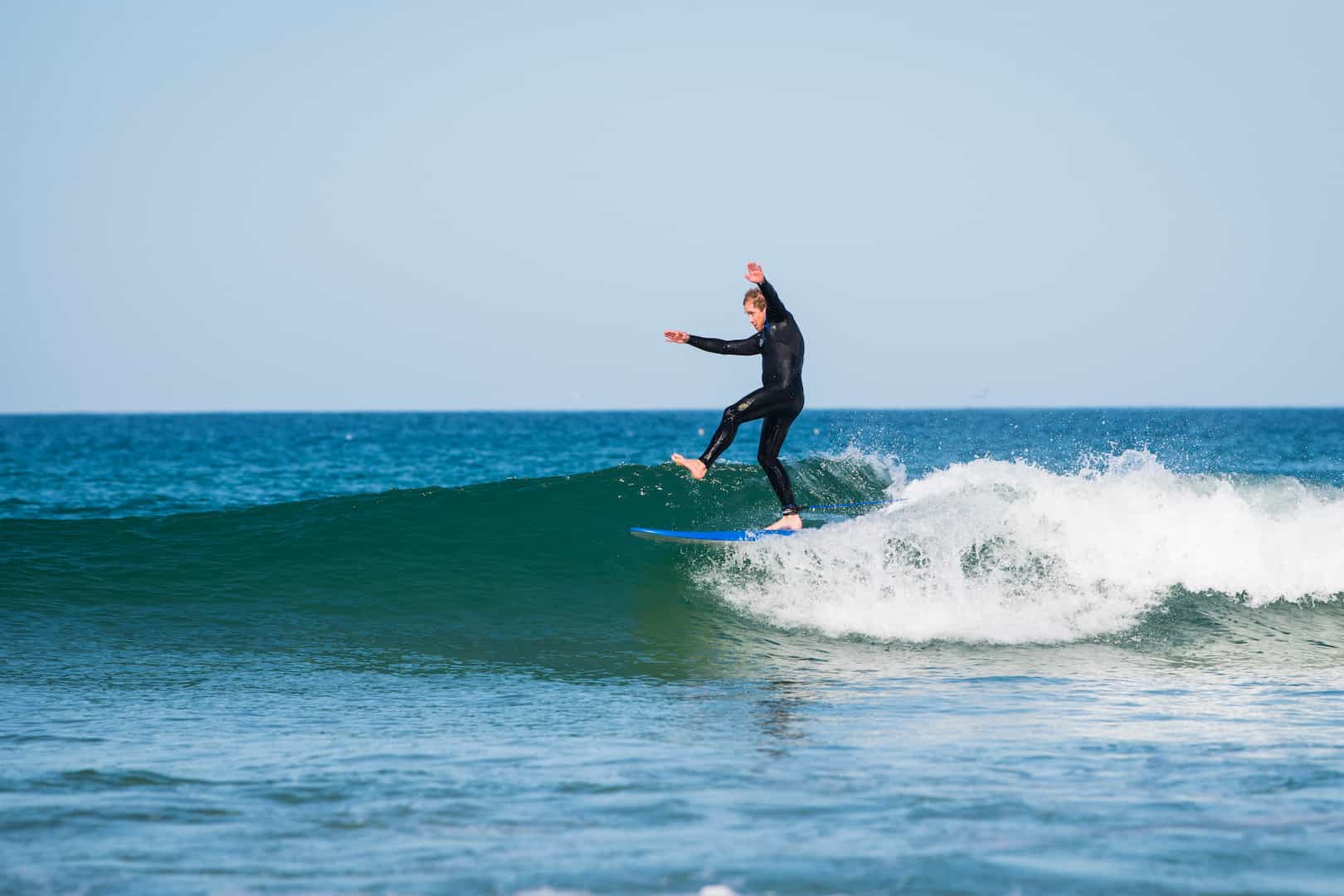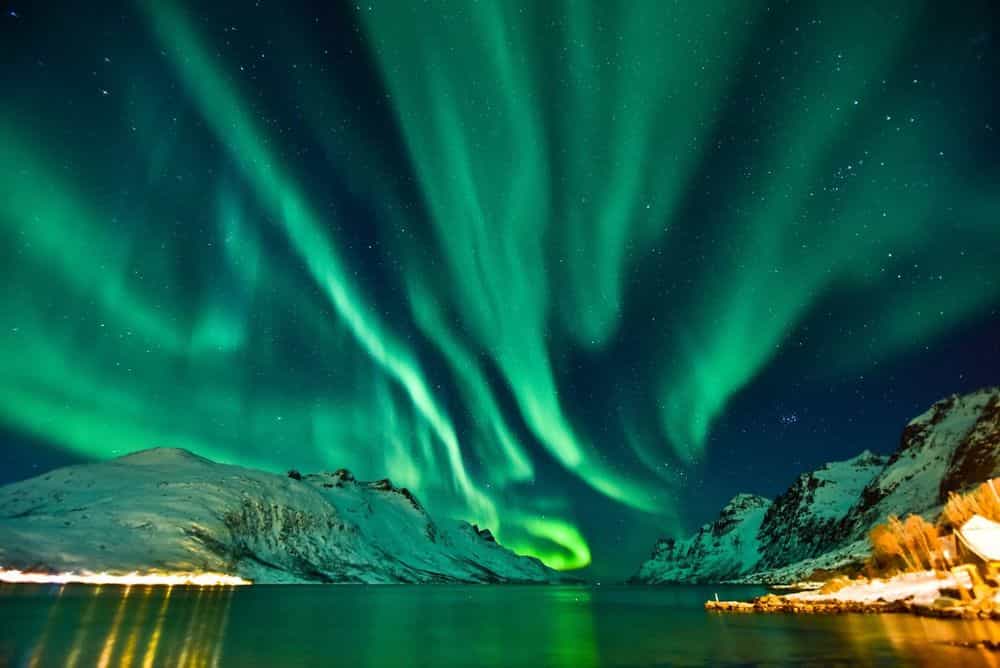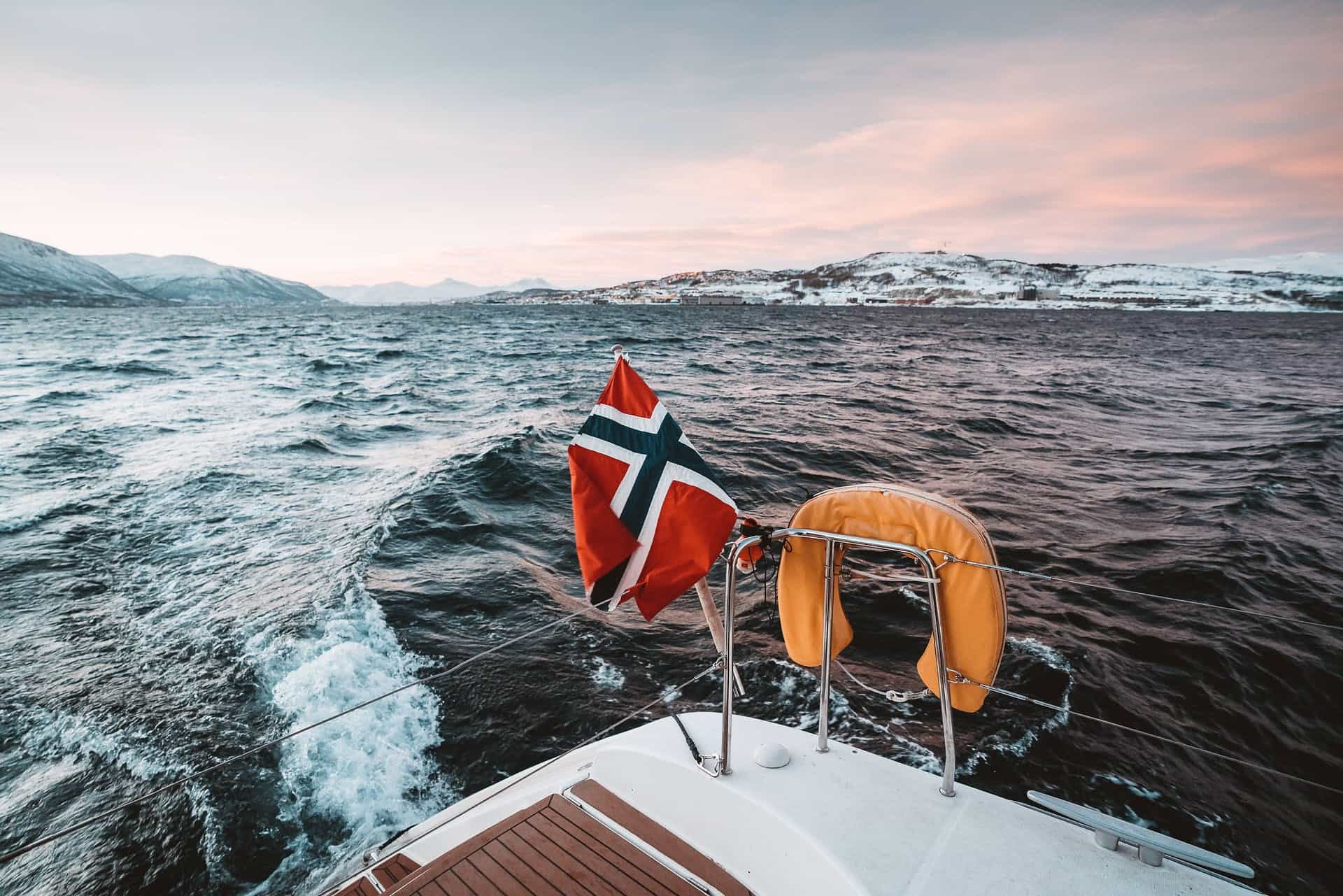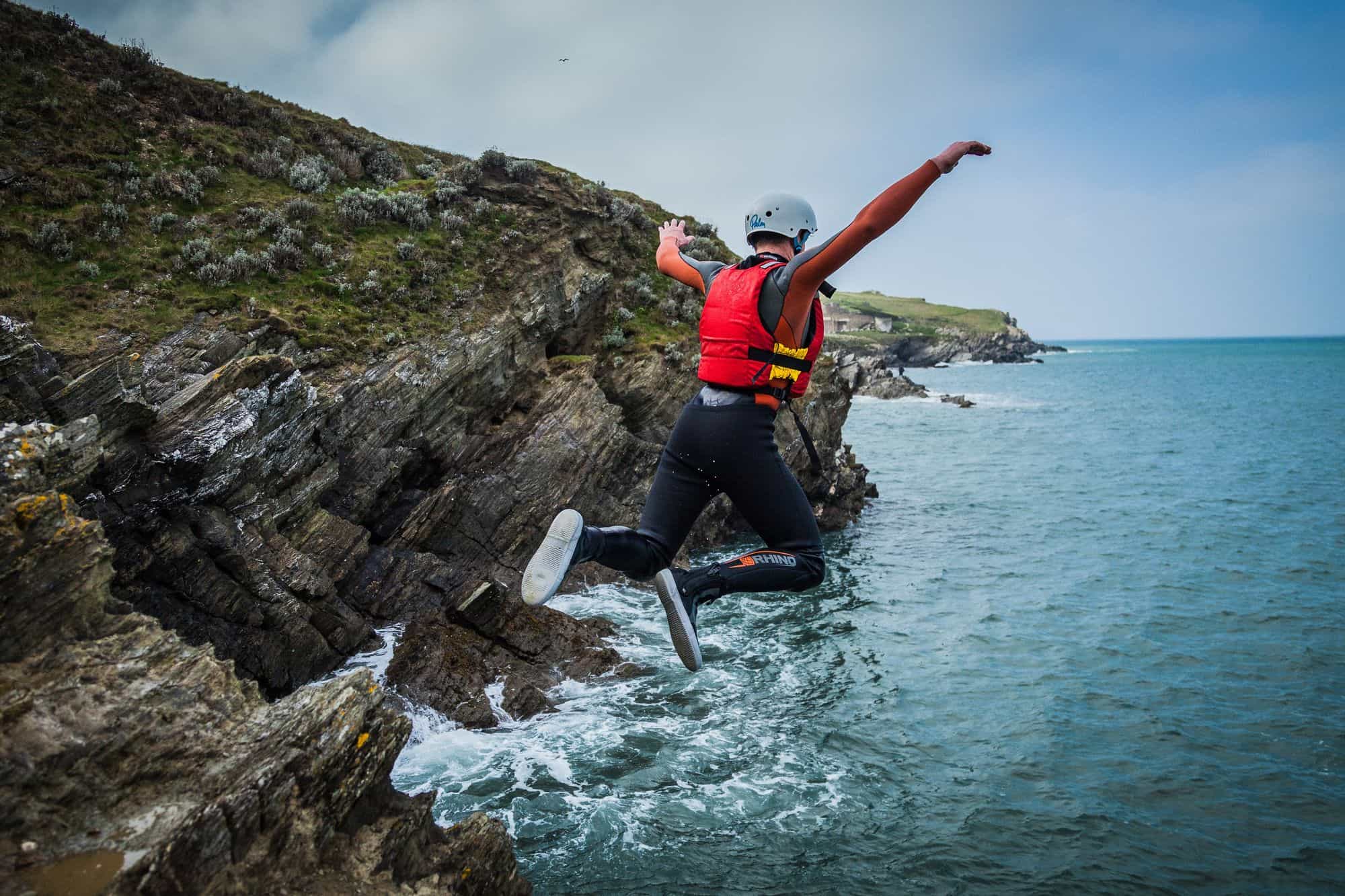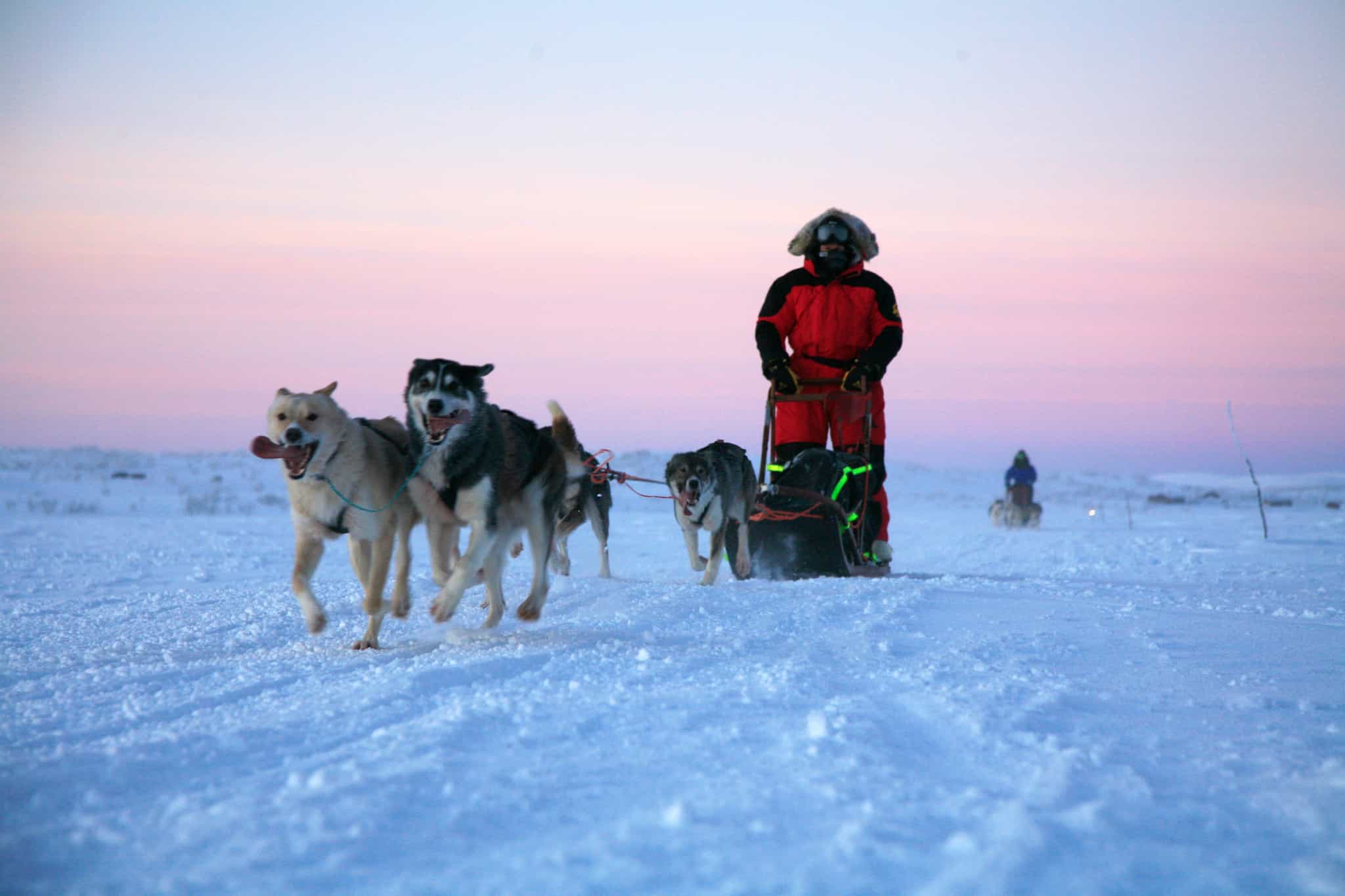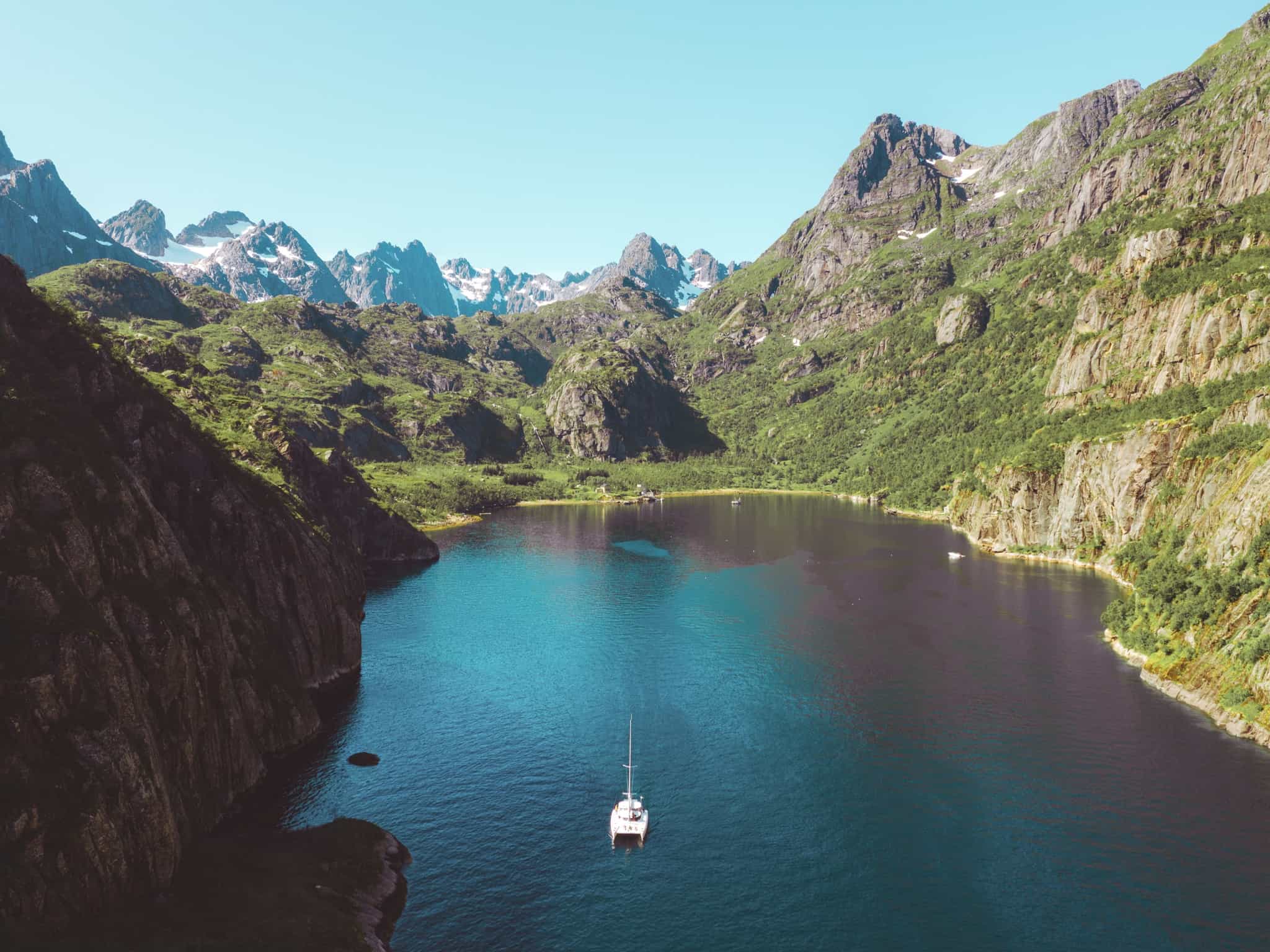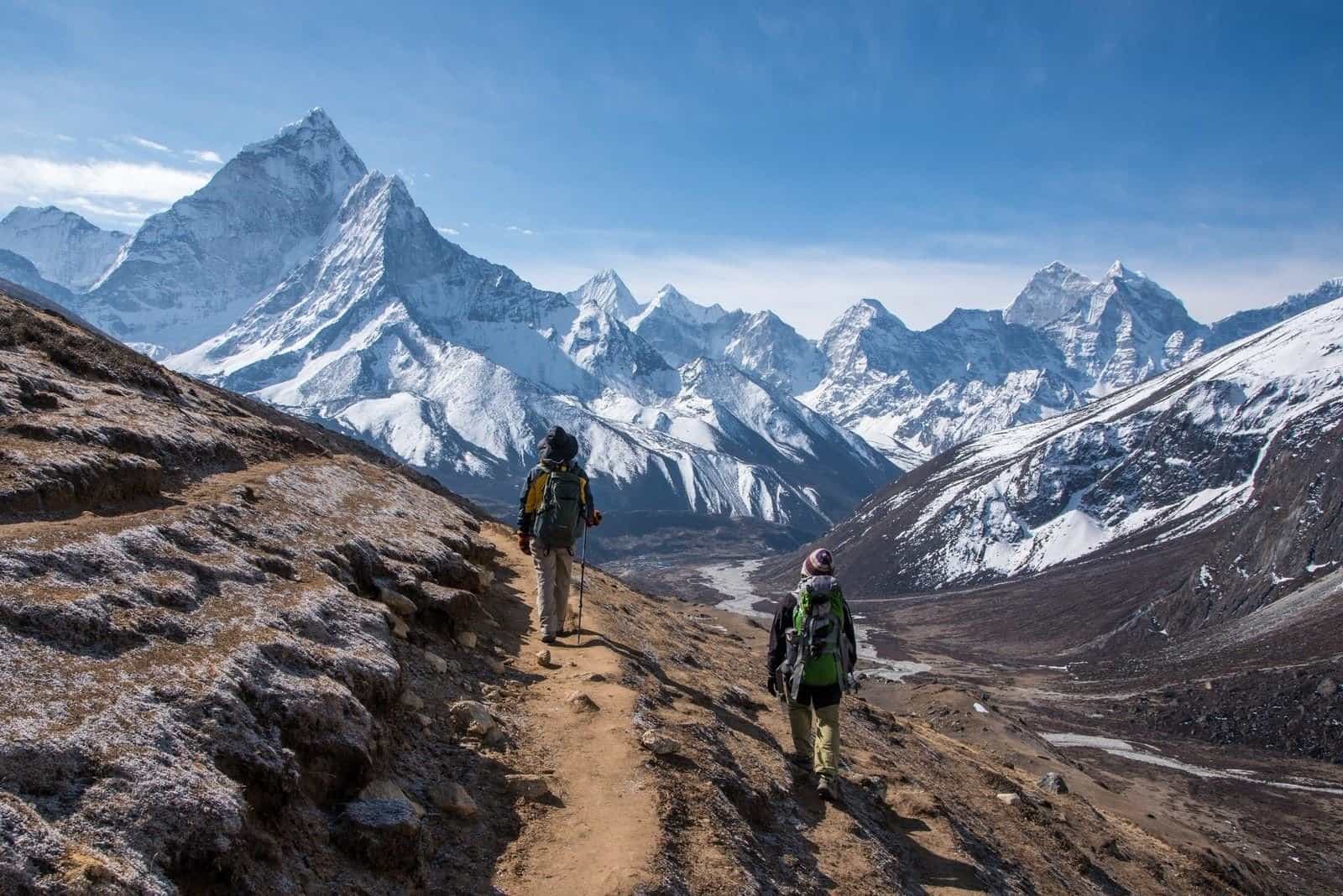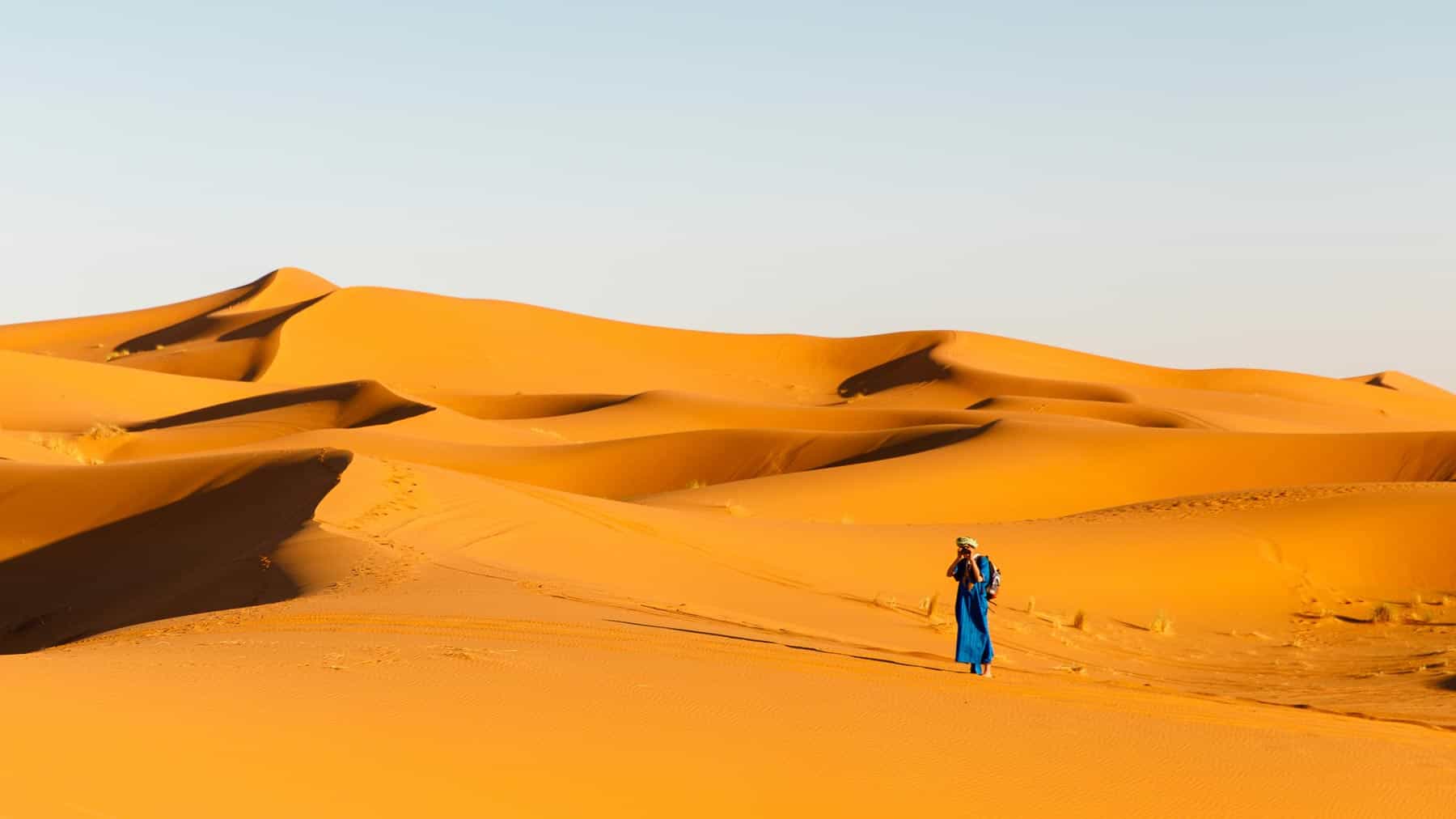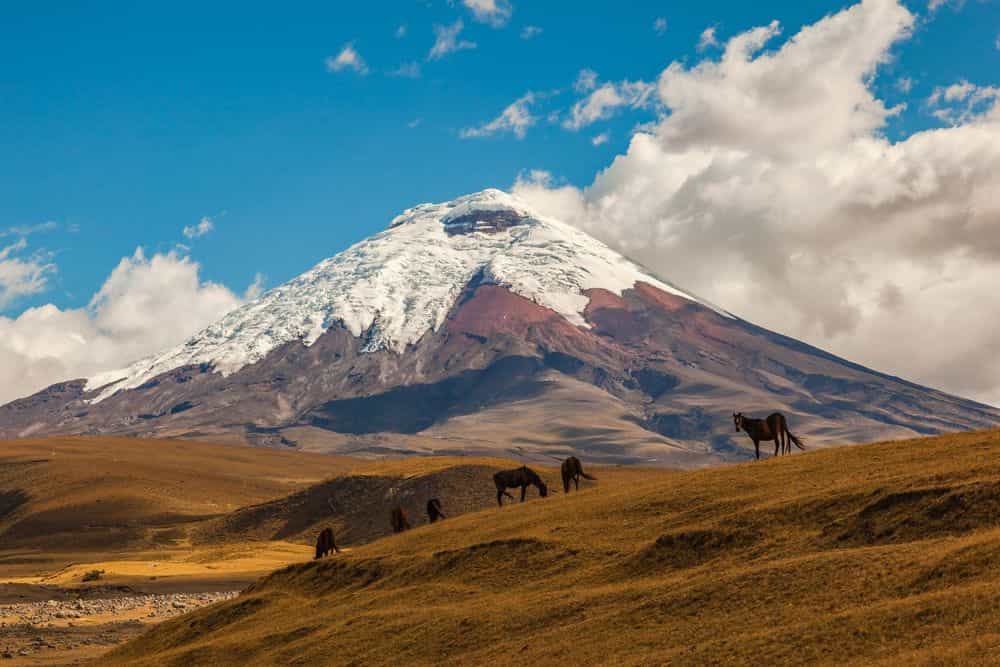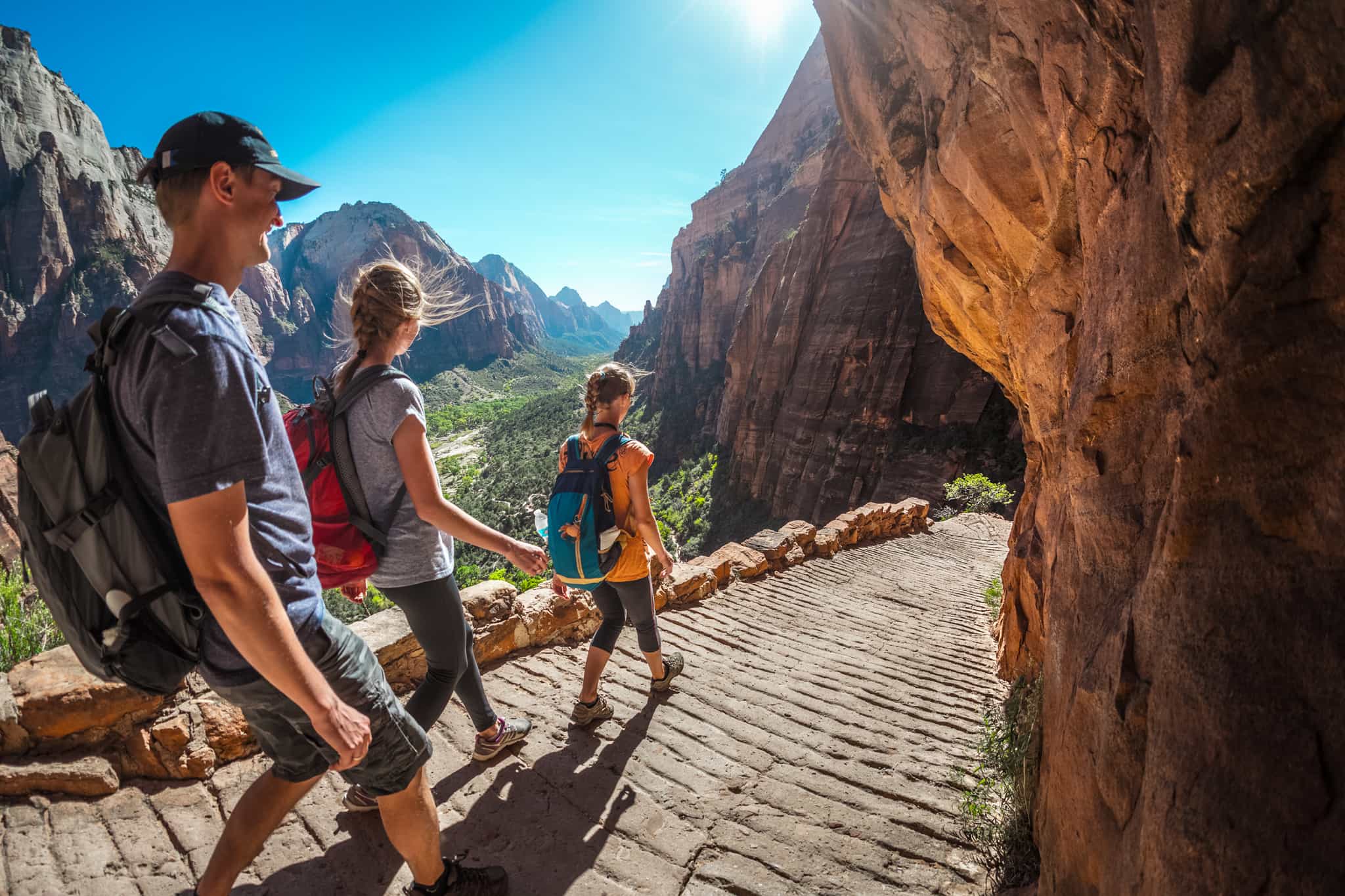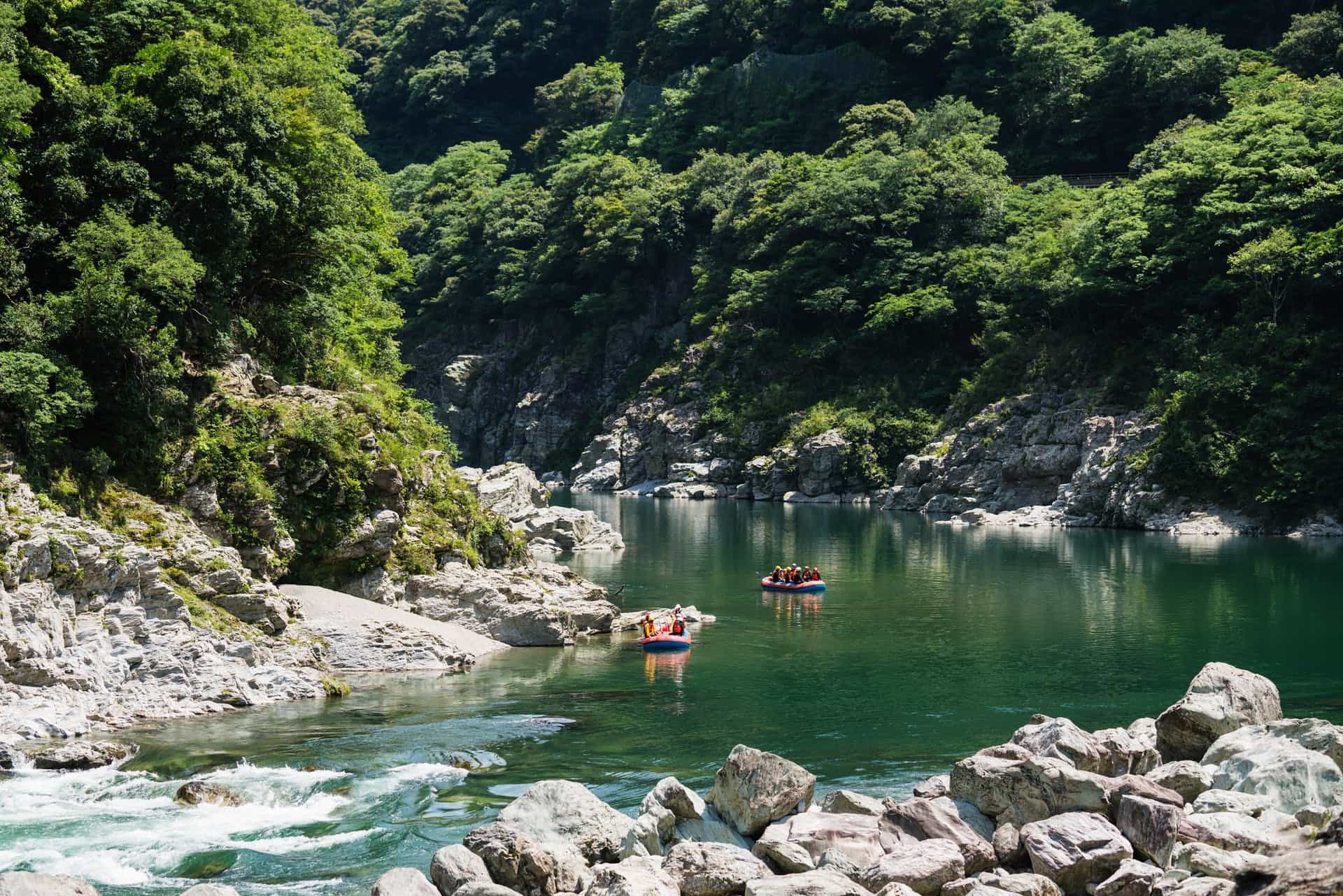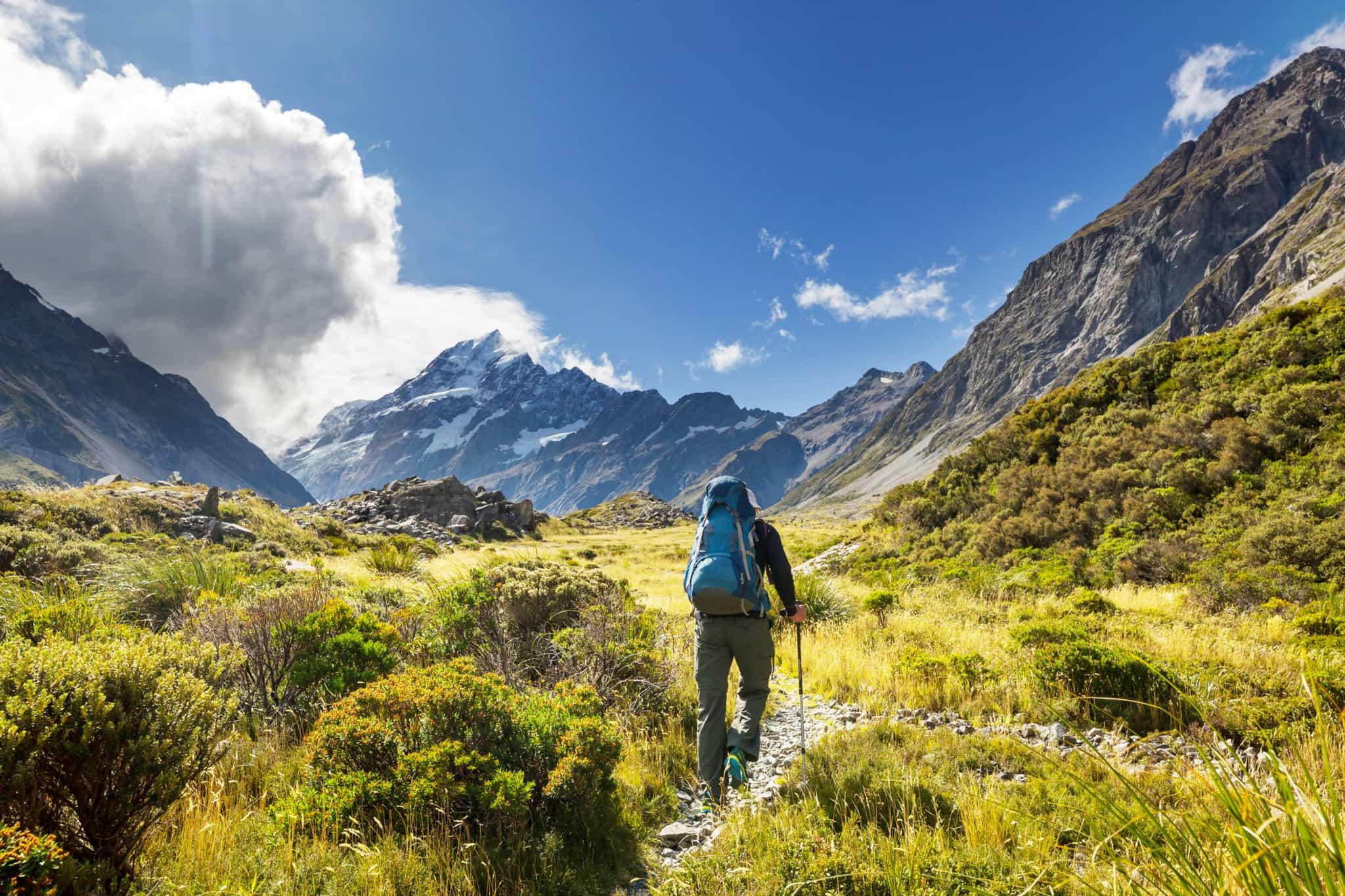
Trek the Haute Route in a Week
Head to Switzerland to hit the highlights of one of the most famously challenging routes in the High Alps, from Verbier to Zermatt
What's Included?
Activities & Certified Guides
All itinerary activities with experienced, English-speaking, IML-certified guidesGuesthouse & Mountain Hut
4 nights in guesthouses and 2 nights in mountain hutsMeals
All your meals are included – 6 breakfasts, 6 lunches and 6 dinnersTransfers & Lifts
All local transfers by public transport and gondola liftsEquipment
Pillows and blankets are provided at the refugesSmall Like-minded Groups
Solo-friendly by design, join our small n’ sociable groups of up to 12 like-minded, active and outdoorsy people…
…
What's it like?






Hike among the incredible landscapes of the Swiss Alps, including remote valleys, majestic peaks, and serene mountain lakes
Challenge yourself with diverse, demanding trails over a mix of rugged paths, steep ascents and technical sections – avoiding the busier trail stages
Bask in picture-perfect views of the mighty Matterhorn, one of the most recognisable peaks in Europe
Got more time? Try our full-length trek of the Haute Route from Chamonix to Zermatt
Key Information
Day 1
Join the Haute Route and hike to Cabane Mont Fort (2457m)

Hiking
Make your way to Verbier's main gondola lift station, at the bottom of the Médran Gondola, to meet your host in the afternoon. Together with the rest of your group, catch the cable car up to La Chaux where you join the Haute Route on Stage 3 of the full route, at a point beyond the busier trails (which are shared with the Tour du Mont Blanc). Your first day of walking is a short one, to warm up the legs and ease yourself into life on the trail. You'll cross the grassy slopes of La Chaux with great views of the Petit Combin, Grand Combin and Mont Fort. In under two hours, you'll reach the Cabane Mont Forte for your first night in an Alpine mountain refuge.
Day 2
Hike the Col de Prafleuri (2987m)

Hiking
Today you venture into the high mountains the 'Haute Route' is named for. Leaving behind the easy grassy slopes, pick up a rugged trail through the remote peaks found in this corner of the Alps. After a couple of climbs separated by the crystal clear Petit Mont Fort Lake, reach Col de Louvie in time for lunch. Descend steeply and cross the otherworldly rocks of the 'Grand Desert', gradually ascending to Col de Prafleuri (2987m). Spot tonight's cosy hut (Cabane de Prafleuri) on the Letio d’Allèves Plateau below, reached via a short but steep technical descent.
Day 3
Lac des Dix and Col de Reidmatten

Hiking
Hike to Col des Roux for views over the impressive Grand Dixence Dam and descend to follow an easy trail along the lakeshore. Climb to the lower end of the Dix Glacier, where the final section demands careful navigation over the steep gradient and rocky ground to the Col de Reidmatten. Follow a gentle trail from the pass down to Arolla, where you'll then take the afternoon bus to Les Hauderes and your hotel for the night.
Day 4
The big 4000s

Hiking
Set off on one of the toughest days so far as you hike toward the high point at Col de Torrent, with spectacular views over the 4000m peaks of the Alps. Descend to the Val de Moiry, passing the Lac de Moiry, where you'll stop for a well-deserved rest before continuing down the track to the Col de Sorebois. From there, take the gondola down to Zinal, where you’ll lay your head for the night.
Day 5
Col de Forcletta

Hiking
Meander through farms and meadows on a gentle trail overlooking neighbouring villages, before ascending the Forcletta Pass (the boundary between the French-speaking and the Swiss-German speaking parts of this area). Descend into the rural Meid-Valley on an isolated path which leads to a guesthouse in the village of Gruben.
Day 6
Augstbord Pass

Hiking
Time for one of the most epic sections of the entire trip as you enter the Matterhorn Valley. Climb through sparse forest to the Augstbord Pass before descending into the Augstbordtal. Traverse a rugged trail built into a steep slope to the Jungtal. Ride the cable car from Jungu to reach the quintessentially Alpine village of St. Niklaus, where you'll check into a warm and cosy guesthouse.
Day 7
Finish the Haute Route at Zermatt

Hiking
Set off on your last day on the Haute Route. Today is a flatter day, with your route following the Matter Vispa River up the Matter Tal, a large valley leading from St Niklaus. Pass the towns of Randa and Tasch before finishing in Zermatt, at the foot of the iconic Matterhorn.
The Area
Logistics
Starts
Médran Gondola Station, Verbier, Switzerland
14:00 on Day 1
Ends
Zermatt, Switzerland
14:00 on Day 7
Transfers
Make your way to Verbier's main gondola lift station, at the bottom of the Médran Gondola, for 14:00 on Day 1. The easiest way to get to Verbier is to take the train from Geneva Airport to Le Châble (2h 15m) at the bottom of the valley, and then the gondola (10 minutes) or public bus (25 minutes) from there to Verbier.
The trip ends at around 14:00 on Day 7 in Zermatt, Switzerland. Air travellers can take the train to the airport directly from Zermatt. We do recommend you stay the night in Zermatt (a completely car free town) to celebrate the end of your trek, or you can head straight to the airport for a late flight: it takes 3.5 hours to reach Zurich-Kloten Airport (ZRH) and 4 hours to reach Geneva Airport (GVA).
Travel options
You can fly into Geneva Airport (GVA) which is approximately three hours from Verbier. From the airport there are good train connections to the start and finish of the trip.
For those who wish to avoid flying, Verbier is also accessible by train. For example, take the Eurostar from London to Paris and then connect to one of a number of direct lines or an overnight sleeper train from Paris to Geneva, then continue on to Le Châble for Verbier. (London to Le Châble is approximately 10 hours by train, with two changes).
Your return leg at the end of the trip can begin at Zermatt train station, where you'll find various onward train travel routes throughout Europe.
Day 1
Breakfast
Lunch
Dinner
Day 2
Breakfast
Lunch
Dinner
Day 3 – Day 4
Breakfast
Lunch
Dinner
Day 5
Breakfast
Lunch
Dinner
Day 6
Breakfast
Lunch
Dinner
Day 7
Breakfast
Lunch
Dinner
What is the food like?
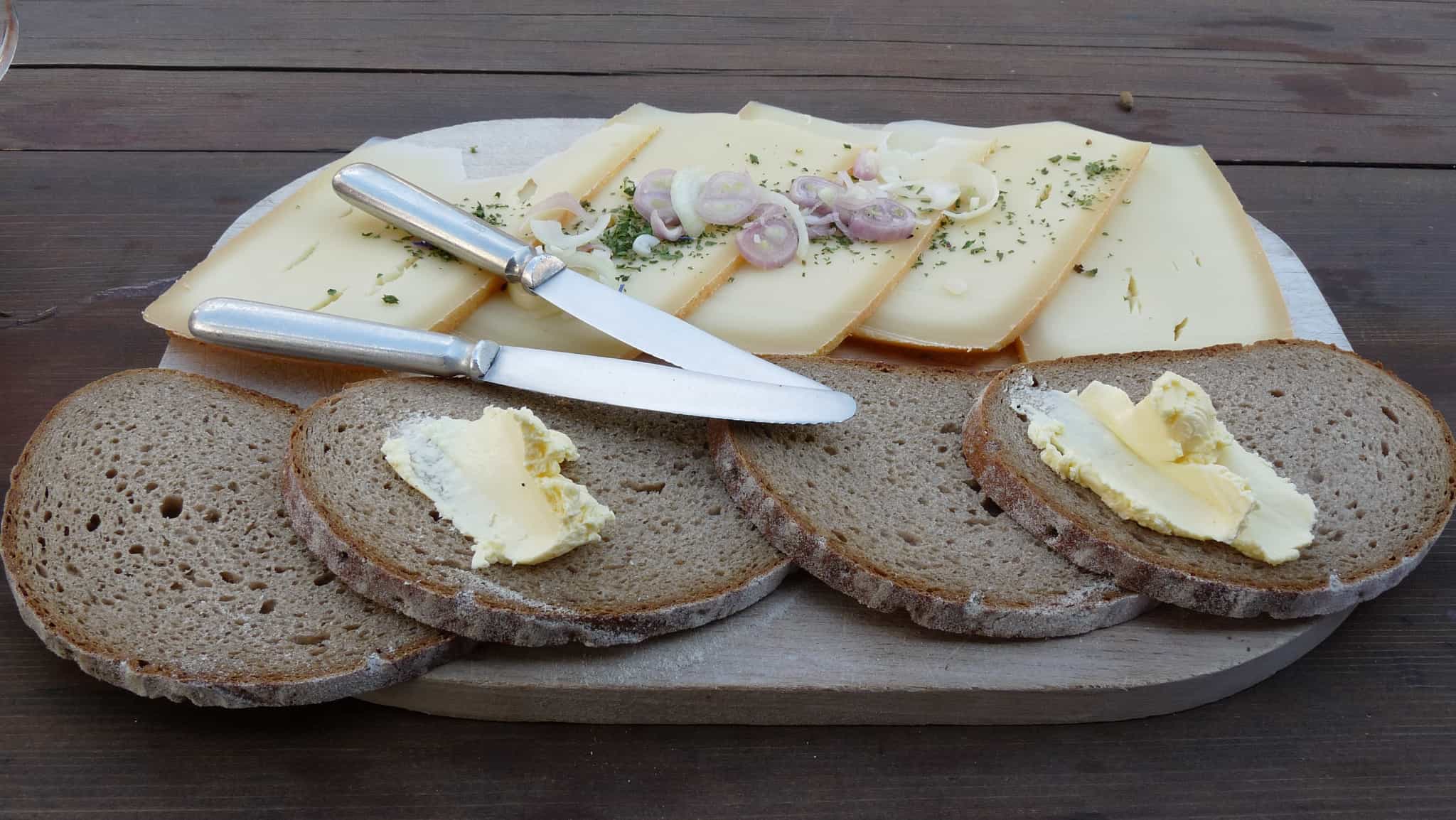
Breakfasts and dinners will be served at the refuges and guesthouses. Breakfasts always include coffee, bread, jam and butter. Depending on the refuge, they may also include orange juice, cereal, yoghurt, fruit, cheese and meats. Dinners are hearty and served in large portions – just what a hungry hiker needs! Typical meals include a soup starter, a main course of meat and veggies with a side of grains or pasta, and a dessert like vanilla pudding or creme brûlée. Picnic lunches will be provided each day, featuring a large main item like a sandwich or wrap, a salad, and a selection of fruit, muesli bars, chocolate, nuts, etc.
Vegetarian, vegan and most other dietary requirements (including gluten-free) can be catered for with advanced notice. Just let your host know when booking. Whilst dietary needs are sent to each refuge with the group reservations, please consider that the mountain refuges will have a limited range of choice to offer guests due to their remote locations. People with very specific dietary requirements typically choose to also bring some of their own snacks with them, to ensure they have sufficient fuel for hiking up and down the beautiful mountain trails.
What is the accommodation like?

The Alps
On three nights, you'll stay in simple guesthouses and B&Bs in twin-share rooms. On two nights you'll stay in remote mountain huts (Cabane Mont Fort and Cabane du Prafleuri) in multi-share dormitories. In Gruben, you will stay in a traditional mountain hotel in mixed dorms, which feels somewhere between a hotel and a mountain hut.
Each accommodation is unique but you can usually expect it to be simple, clean and comfortable. In the mountain huts, groups typically sleep in mixed-sex dormitory rooms of up to 20 people, usually in bunk beds or single beds. They feature hot showers, running water, pillows and blankets, and a bar serving cold drinks. Most refuges also have outlets for charging your electronics, and some even have WiFi. Some refuges are more modern in style, others have a more traditional heritage, most are busy throughout the hiking season; it's the refuge's location and its remoteness that largely decides what comforts and conveniences are available. It's best to keep your expectations simple and enjoy the time on the trail to unplug from everyday life.
Upgrades
Single-room upgrades are only possible for the evenings of Day 3, Day 5 and Day 6 of this trip, and are dependent on availability, as the majority of accommodations used on this trip are very small with a limited number of rooms.
This trip has been rated as Tough
The Haute Route is rated as more difficult than the comparable 7 day Tour du Mont Blanc in a Week as the terrain is more rugged and less frequently travelled. In places the trail is technical and steep, and as such is consider the next step up from the TMB, making it most suitable for experienced hikers. You'll need to be able to hike 15–20km on mountain trails, with as much as 1000m+ of elevation gain and descent each day, for multiple days in a row. Doing some practice hikes before the trip with your pack and boots is strongly recommended to help you prepare for this adventure!
What will I need to carry?
You will be carrying your own 30-50L pack between the refuges, with everything you need for the full trek. So don't over pack, a lighter pack will be more enjoyable, but also don't skip the essentials and risk getting caught out in bad weather. It's a good idea to do some hiking before the trip so you are comfortable with the gear you plan to bring on the trek. Check out our kit list section for the basics to consider putting in your pack.
Summer in the Alps is generally warm and fair, but the weather can change very quickly in the high mountains, bringing cold rain and wind. Average temperatures range from 6 to 26°C. It rains roughly half of the days each month, but storms generally pass through quickly. Even in the peak of summer you can have very mixed conditions, especially when climbing over the high mountain passes above 2000m. Heatwaves have also been a feature of recent European summers. Our kit list is intended to guide you on what to pack for this trip.
We’re still waiting to collect any reviews from other travellers on this trip. However, all our hosts go through an extensive vetting process to ensure that your adventure is awesome.
Itinerary Activities
- 7 days of guided trekking along sections of the Haute Route between Verbier and Zermatt
Guides
- Experienced, English-speaking, IML-certified guides (1:12 guide to customer ratio)
Accommodation
- 2 nights in rustic mountain huts
- 4 nights in cosy Alpine guesthouses
Meals
All your meals are provided for the duration of the trip. This includes:
- 6 tasty breakfasts
- 6 picnic lunches
- 6 hearty dinners
Transfers
- All required transfers by public transport
- Uplifts via gondola where required to rejoin the trail
Equipment
- Pillows and blankets are provided at the refuges
Our trips are hassle-free by design. We include all the activities and equipment, as well as many of the meals, so you can simply rock up with your rucksack and share the adventure with your new pals.
Travel to and from the trip
Our trips do not include flights, trains or other travel to the start point and back from the end point.
Airport transfers
This trip begins in Verbier and ends in Zermatt (a car-free town); airport transfers are not included. See the 'Getting There' section for details of how to get to the start point of this trip.
Tips
Tips are not included in the trip cost. Tipping is optional but definitely appreciated if you have had great service from your guide. As a rough guide we would suggest the following:
€25-30 per person
Of course, you are free to tip more or less, and the amount should be reflective of your perception of service and quality – a tip is not compulsory and should only be given when you receive excellent service.
Travel insurance
Travel insurance is compulsory for all of our adventures and you are required to provide your policy information before departing. Your insurance should include adequate protection for overseas medical treatment, evacuation/repatriation, your baggage and equipment and the specific activities involved on your adventure. We also strongly recommend it includes cancellation and curtailment insurance, should you be unable to join your trip for specific reasons such as illness. Our recommended travel insurance provider is Campbell Irvine, as their insurance offers all of the above.
Visas
Visa requirements often change, and you are responsible for obtaining any required visas for this trip. Please check with your nearest embassy or consulate for up-to-date advice.
Personal Expenses
You know your own spending habits best, so please budget an appropriate amount for things like optional meals and drinks, shopping, optional activities, and laundry.
What do I need to bring?
You'll be carrying all you need for the seven-day trip on your back, so don't over pack but also don't skip the essentials. Hiking in the Alps even in the peak of summer you can have very mixed conditions, both hot and cold, especially when climbing over the high mountain passes.
KIT
- 30-50L backpack with waist belt (plus a rain cover)
- A pack liner or dry bag is also good protection in case of rain
- Sleeping bag liner (cotton or silk). This is very important as it's a mandatory requirement at the mountain refuges. Pillows and blankets are provided by the refuges.
- Hiking Poles (strongly recommended)
- Sunglasses and sunscreen (SPF 50+ recommended due to altitude)
- Preferred snacks for the trail
- Hydration/Electrolyte tablets
- 2L water bottle(s)
- Hand sanitiser gel
- Toiletries and personal first aid items
- Towel
- Swim suit
- Earplugs and eye mask (recommended)
- Cash (CHF) for drinks, snacks along the trail, tips etc.
- Plug adaptor and/or battery pack to charge electrical devices (note Switzerland uses a different standard to the rest of Europe)
- Headlamp
CLOTHES
- Waterproof jacket (with hood) and trousers
- Primaloft or down jacket
- Fleece or merino pullover or sweater
- Synthetic or merino wool base layers
- Warm hat and gloves (really important in mixed weather conditions)
- Sunhat or cap
- Synthetic shirts and trousers (zip-off preferable) for hiking
- Comfortable shirt and trousers for the refuges
- 2+ pairs of hiking socks, wool or synthetic
- Sturdy hiking boots or shoes (worn in)
- Comfortable, light shoes for around the refuge
Optional Private Room upgrade (3 nights)
Payable Before Departure
Optional Private Room upgrade (3 nights)
… Per person
We partner with the World Land Trust to ensure this trip achieves Net-Zero emissions. We also support their Buy an Acre programme, helping local communities to buy and protect natural habitats in perpetuity.
What's the number?
It works out on average at 102kg of CO2 emissions per person, including all local transport, accommodation, food, activities, guides, staff and office operations.
The only thing it doesn’t include right now is flights and travel to the destination. We do make an overall estimate across all our customers separately, but as we don’t book flights, have customers from all corners of the world, and no way of reliably knowing their travel plans, we simply can’t include an individual number in the figure on display here. We’ve got a goal to fix that, so that when you book, there is a way to measure and mitigate the carbon emitted by your flight too.
But what does the number mean?
Yep, hard to picture eh? To give you an idea:
- Driving 1000miles/1609km would be approx. 281kg of CO2 in an average car (or 140.5kg per person if there was 2 of you in it).
- A return economy class flight London - New York would be approx. 1,619kg (1.66 tonnes) per person.
- 10 trees in a temperate forest are estimated to remove approx. 250kg of CO2 from the air in a period of 5-10 years.
What are we doing about it?
Our trips are relatively low-carbon by design, and we're working with all our hosts to develop long term carbon reduction plans. We partner with the World Land Trust to ensure this trip achieves Net-Zero emissions. We also support their Buy an Acre programme, helping local communities to buy and protect natural habitats in perpetuity, ensuring the protection of the reserve and its wildlife.
Want to know more?
Amazingly, no international travel company has ever publicly published their carbon measurements before, as far as we know. We believe that must change, quickly. So we’re openly sharing the method we used in the hope that other companies will be able to more easily follow suit and build on what we've done so far. You'll find it all here.
As you're meeting your guide at Médran Gondola Station in Verbier, your host is unable to offer a luggage storage option. However the ever reliable Swiss Rail does have an inexpensive service offering luggage transport from Geneva to Zermatt from as little as 12 CHF. This would allow you to leave your main luggage at Geneva train station, do the trip with just your hiking backpack, and then conveniently collect your main luggage at Zermatt station at the end. Visit the Swiss Federal Railways (SBB) website for more details. Feel free to ask your host any packing-related questions via your booking pre-departure. You'll be carrying your own gear during the trek, so we recommend packing light but not skimping on the essentials. Our Kit List section provides a good starting point on what to pack for this trip.
This trip visits locations at or above 2500m. At this altitude some people may experience symptoms associated with Altitude Sickness, also known as Acute Mountain Sickness (AMS). Previous experience at high altitude is not necessarily an indicator of future performance. Your guide(s) are trained to mitigate the risks associated with altitude, by carefully managing the rate of ascent and the intensity of the activity, and to provide the appropriate support response should someone feel ill during the trip. Should you experience health issues during your trip you should inform your guide immediately so the proper care can be provided. Owing to the nature of this trip, it is essential that your personal travel insurance policy provides cover up to the maximum altitude visited on this trip as well as emergency medical evacuation by helicopter.
Drinking water is available at each accommodation and there are also places to refill on the trail most days. You may want to carry a portable water filter or filter bottle for when filling up on the trail. The guide will advise how much to carry each day.
Occasionally things might not go to plan due to snow or landslides blocking parts of the route or bad weather forcing a change. Your host will keep you up to date with local trail and weather conditions and has planned alternative lower routes as a contingency. Public transport can also be used to avoid higher sections of the trail if required.
For this itinerary there is 1 guide to 12 hikers. The guides this host works with are all International Mountain Leader certified (as a minimum), First Aid trained and are highly experienced at leading groups in the Alps.
Sure can! Over 70% of our travellers travel solo, it’s a great way to meet like-minded people.
Our team of Adventure Hunters co-create exclusive adventures which are run by highly vetted, specialist hosts. The trip is run by our trusted host partner in the destination. We only work with independent, local, in-destination experts who know the very best places to explore and how to stay safe. Read more information about the local teams we partner with. You’ll be introduced to the host straight after making a booking via the Much Better Adventures platform.
Much Better Adventures refer to the UK Government’s official travel advice when designing trips and monitoring trip operations. We recommend that all customers are familiar with the practical information provided on the Government’s FCDO website, where current travel advice can be found by searching for the applicable destination(s).
For customers joining this trip from other international destinations – please also read the official travel advice applicable to your country of residence/origin, as this may differ.
We recommend checking out the country-specific information and also talking to a travel nurse.
We automatically convert prices from the local currency that a host receives to your chosen currency. We update our exchange rates on a daily basis so this does mean that prices displayed on the site are subject to currency fluctuations, which is why you may see them change over time.
If you wish to change the currency you pay in, head to the bottom of the page.
All of our group adventures are specially designed for adults to enjoy as we want these adventures to bring together outdoorsy people who are truly like-minded. You must be over 18 to join one of our trips.
You're always in good company on one of our adventures.
Our trips are typically made up of a mixture of solo travellers and small groups of 2 or 3 friends, with most in their 30s-50s.
Our sociable adventures are solo-friendly by design and naturally attract outdoorsy people with a shared mindset; a love for adventure, a desire to push themselves and meet awesome, like-minded people along the way.
It’s this camaraderie that has so often turned a great adventure into a life-changing one.
Don't just take our word for it:
- 95% of people rate the group dynamics on our trips 5/5
- 90% of people recommend joining a trip to make new friends
- 75% of people have met people on our trips that they would now consider friends
See here for more info about the Much Better Adventures tribe.
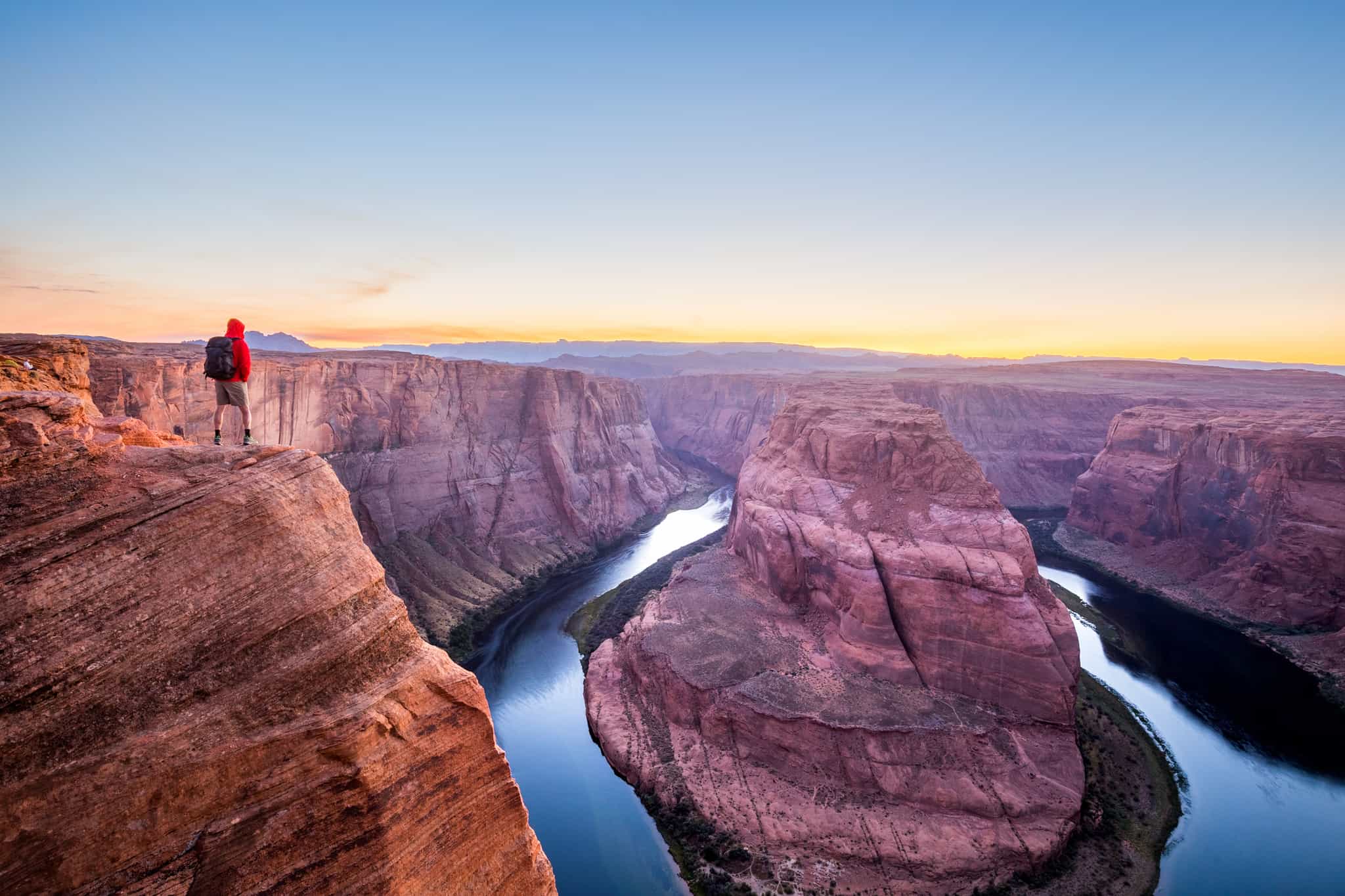
Explore our range of over 200 worldwide adventures
We've got your back
Guaranteed to run
All Much Better Adventures trips are now guaranteed to run. Once you’ve booked your spot you can immediately make your travel arrangements, no uncertainty, no hanging about (excludes 'request to book' departures). Full details
Flexible payments
Secure your spot with the minimum deposit and pay off the remaining balance in as many instalments as you like, with no interest or fees. Full details
Happiness Guarantee
We’re so confident you’ll have an amazing time we’ll put our money on it. Full details
Full financial protection
To give you complete peace of mind Much Better Adventures is backed by ABTOT, ABTA and ATOL memberships. Full details
Tried & Trusted
Much Better Adventures is rated ‘Excellent’ on Trustpilot with over 1000 verified trip reviews averaging 4.8/5.
Connect before you go
You'll be invited to join a WhatsApp group to get to know each other before your big adventure together. Full details
DEPARTURE DATES
Sunday 20th July 2025
to Saturday 26th July 2025
Unlock member prices


